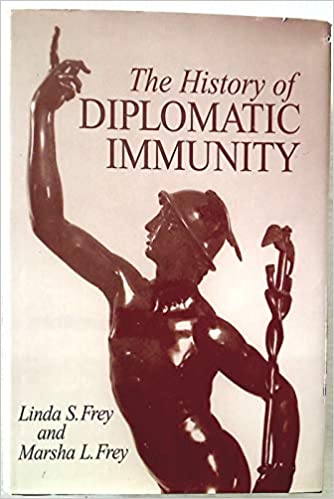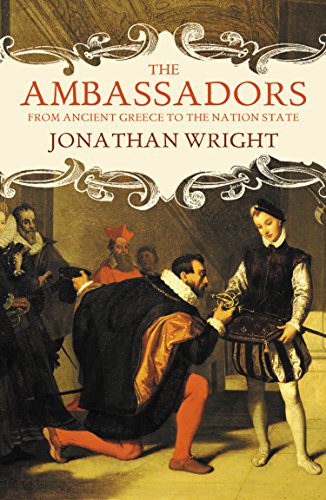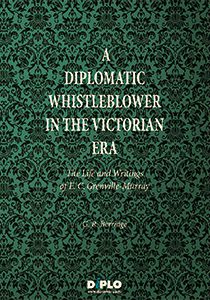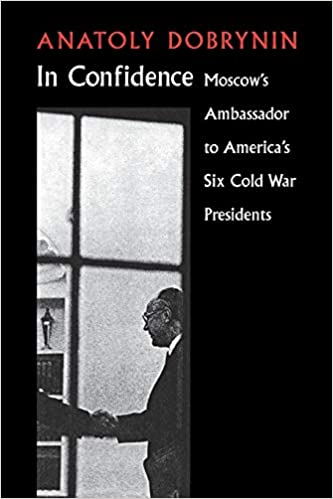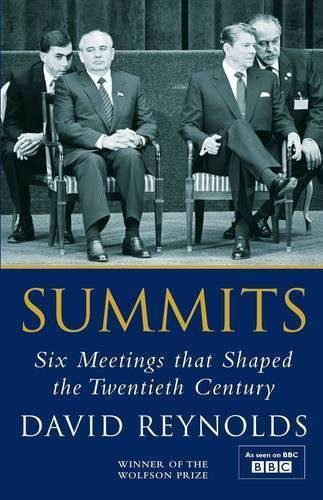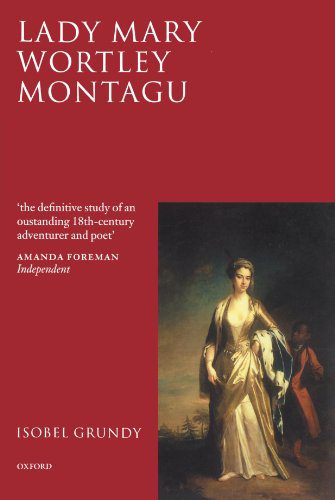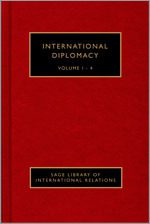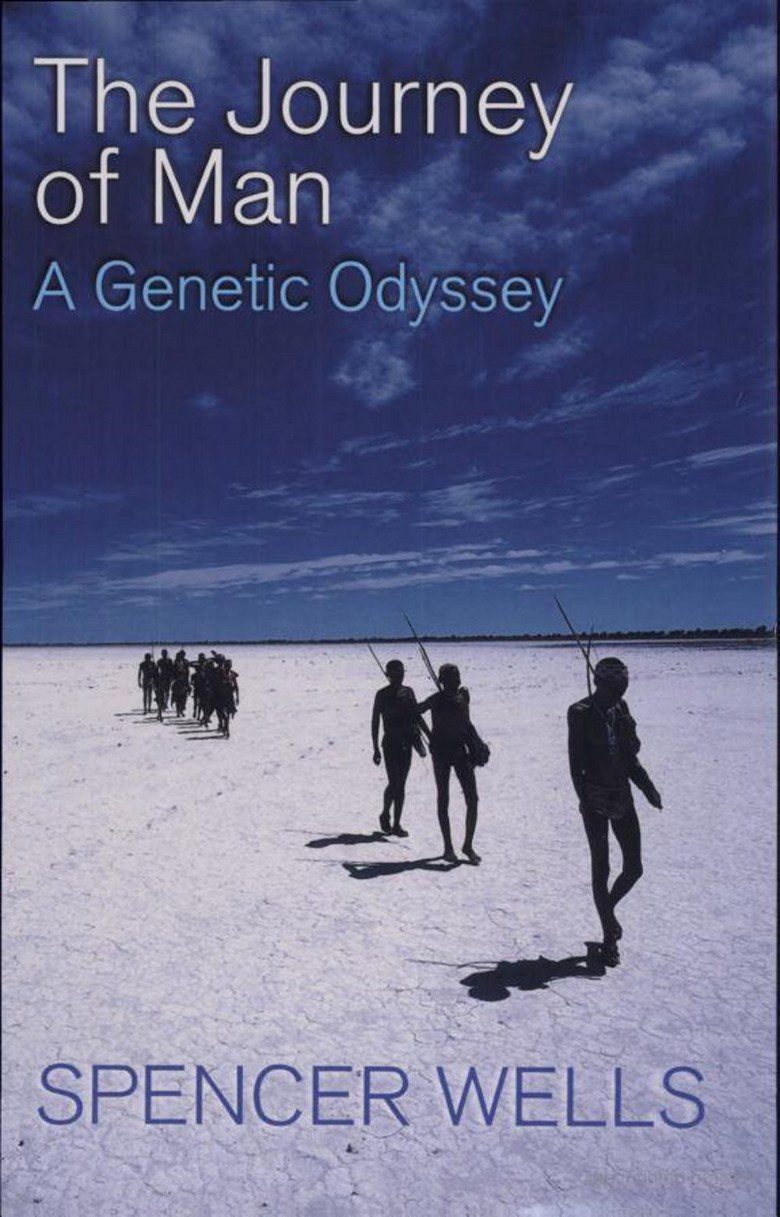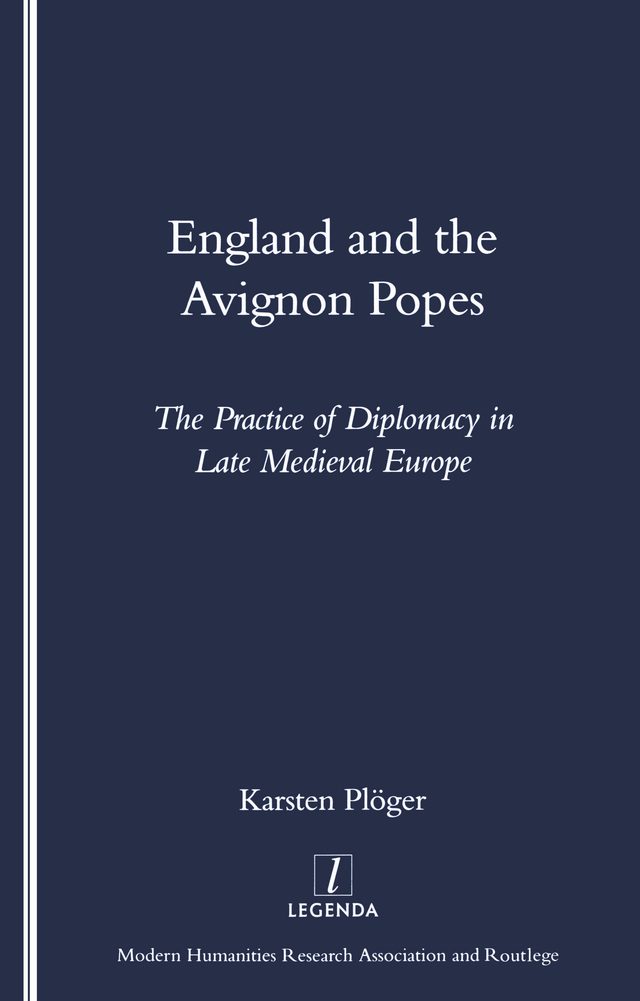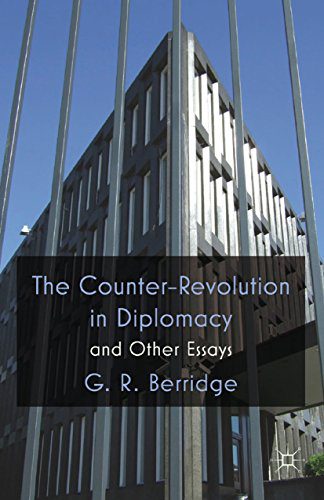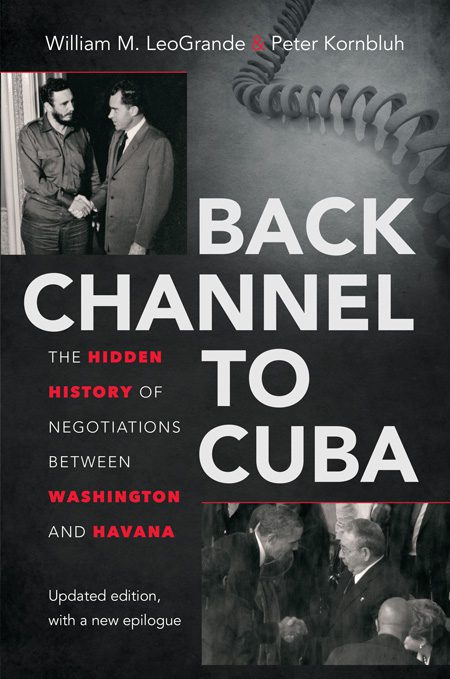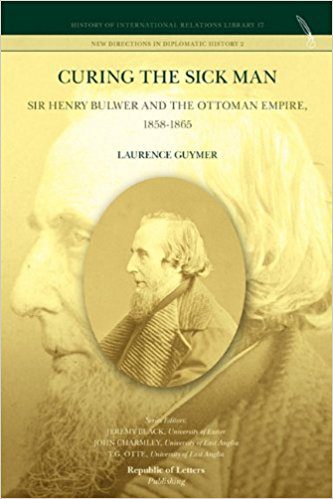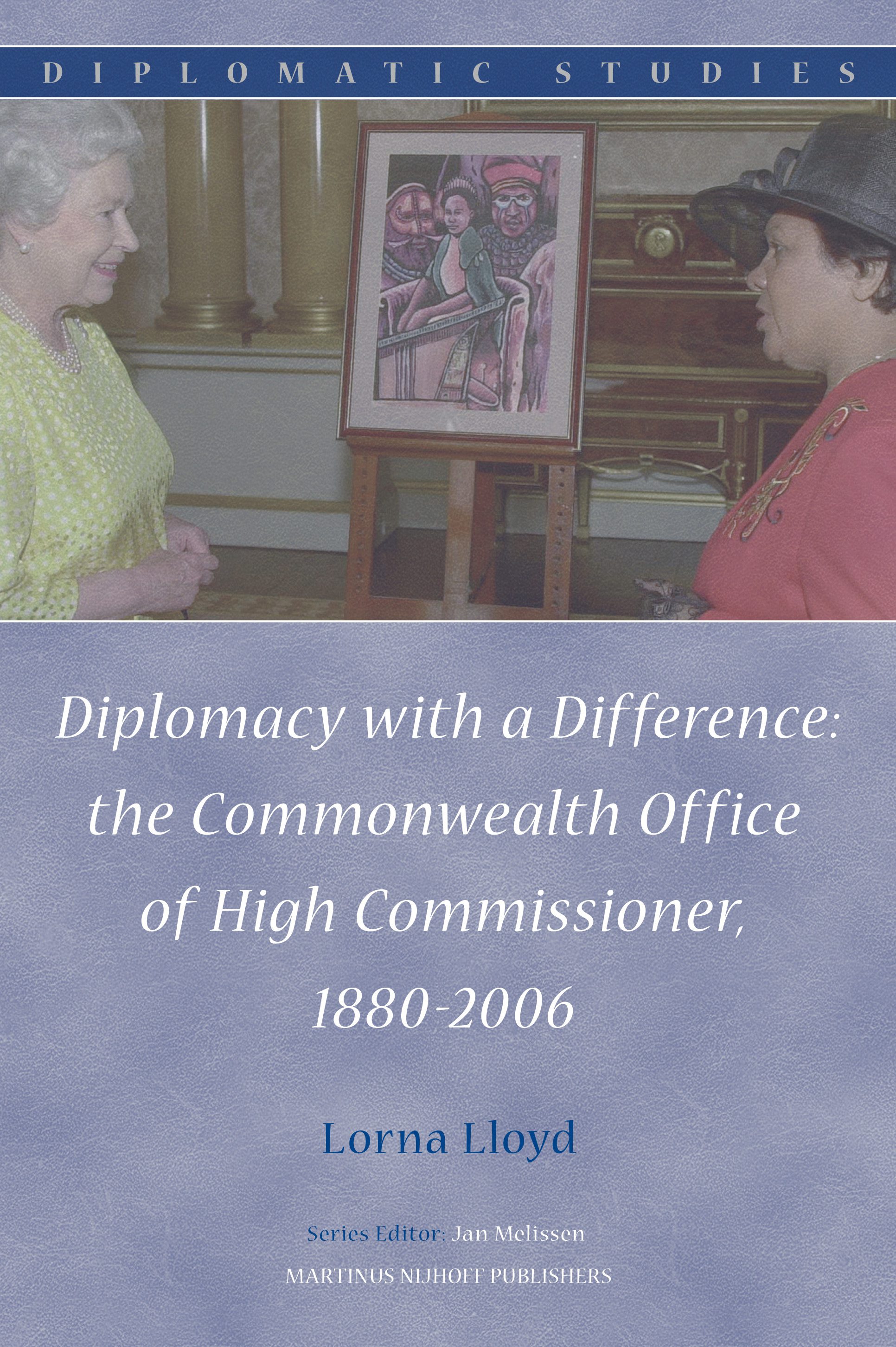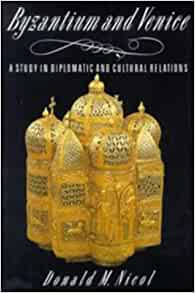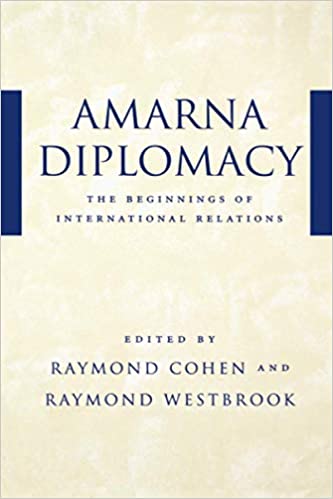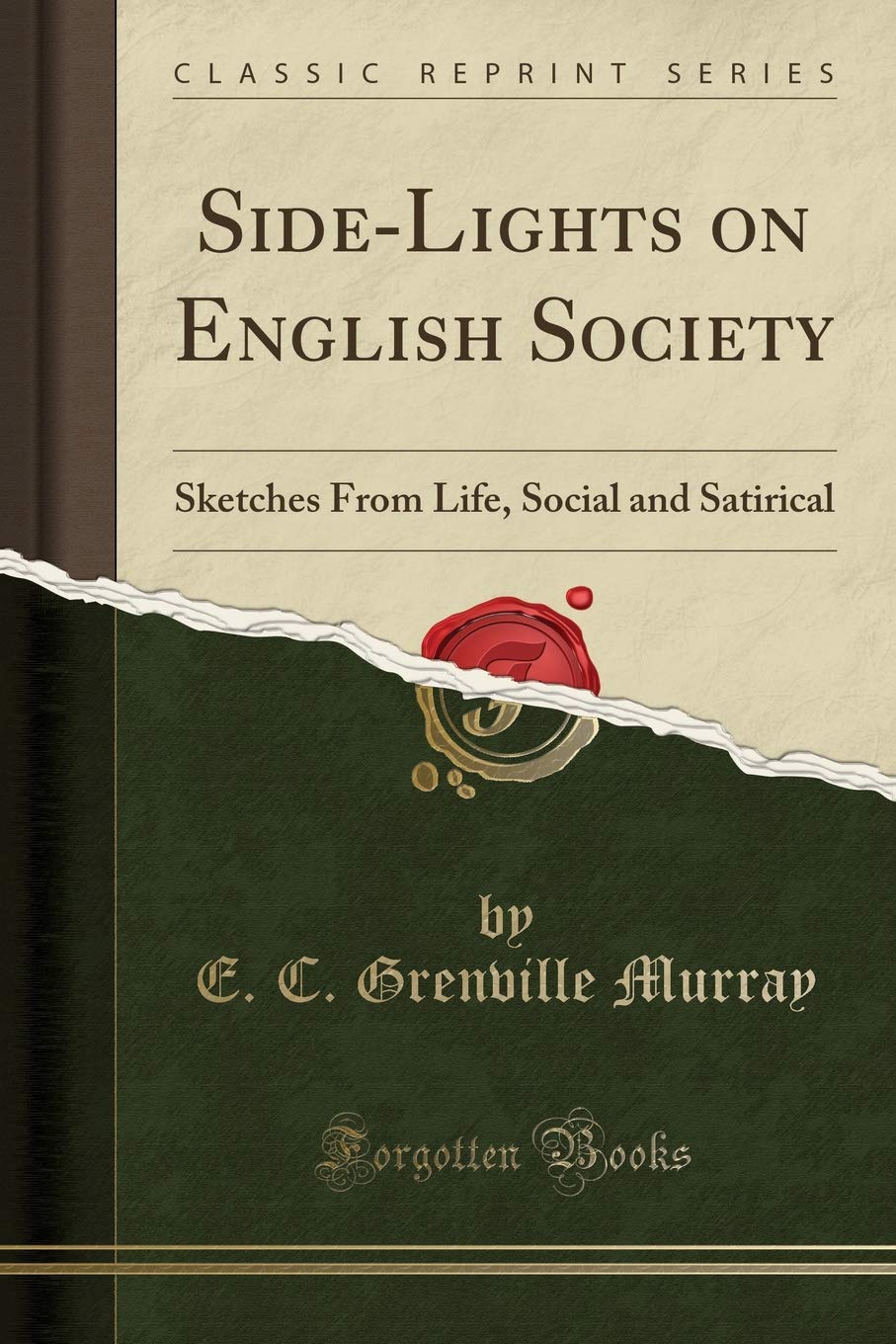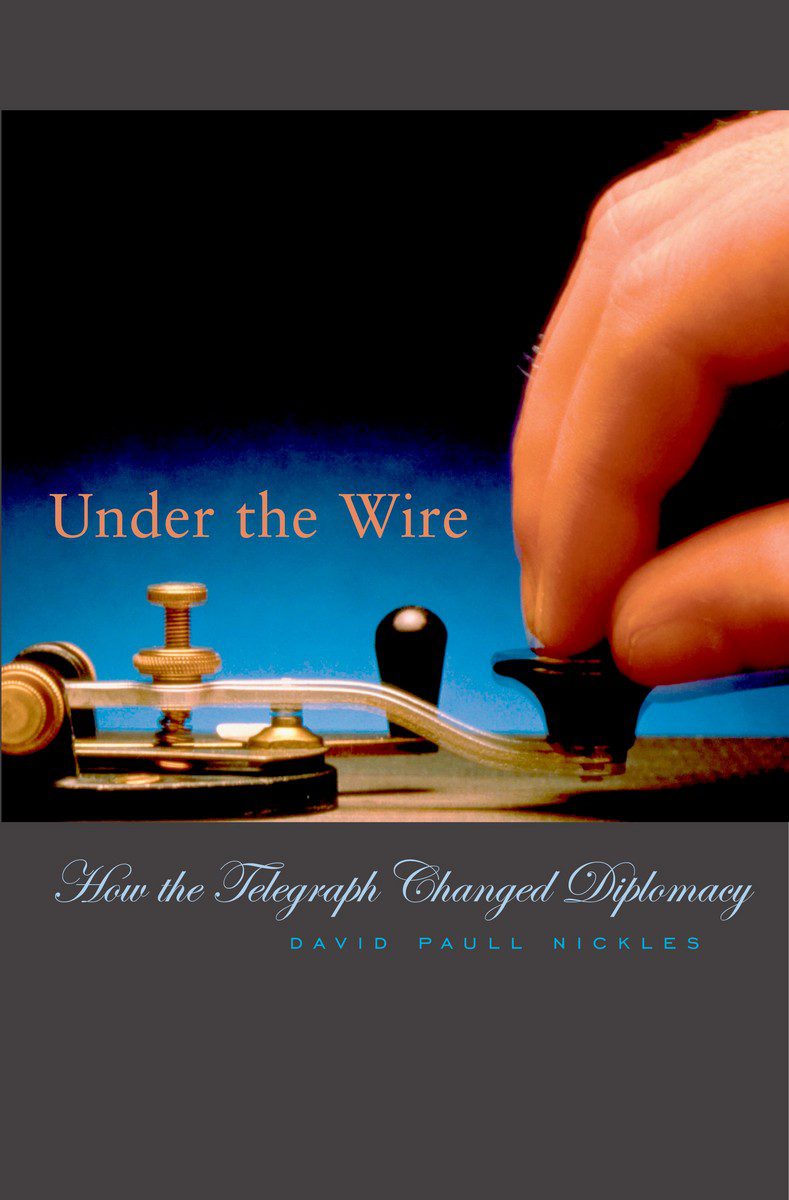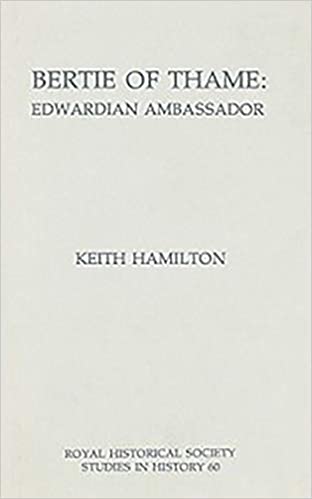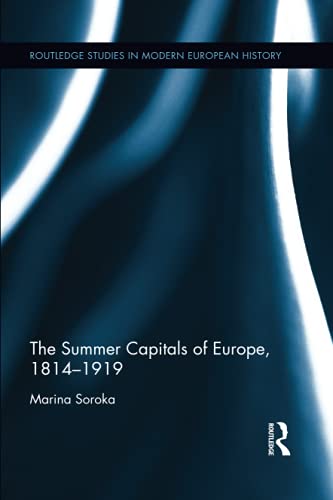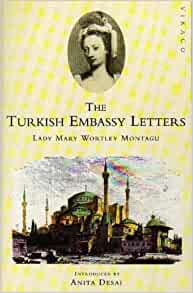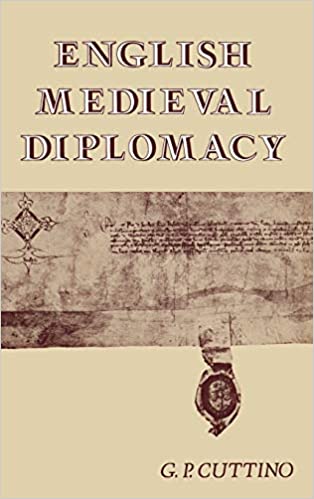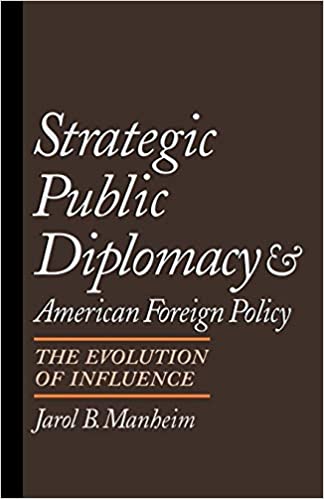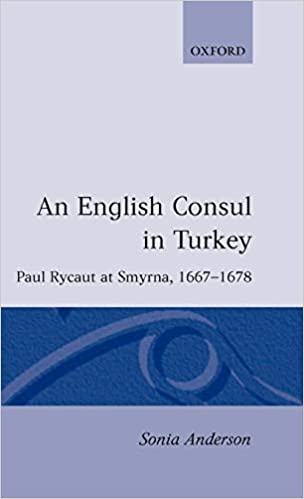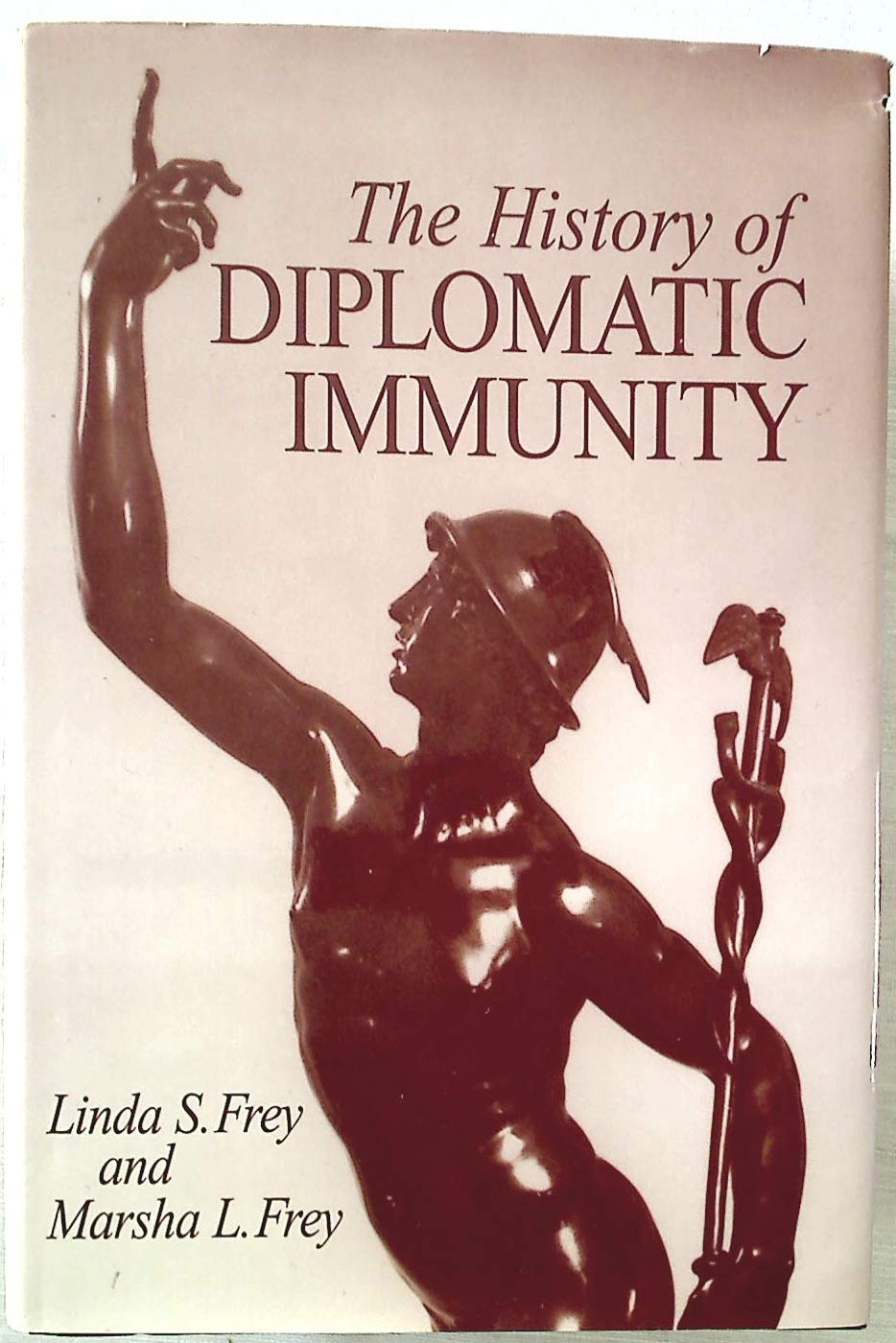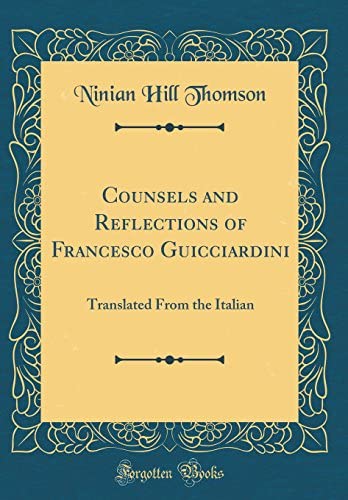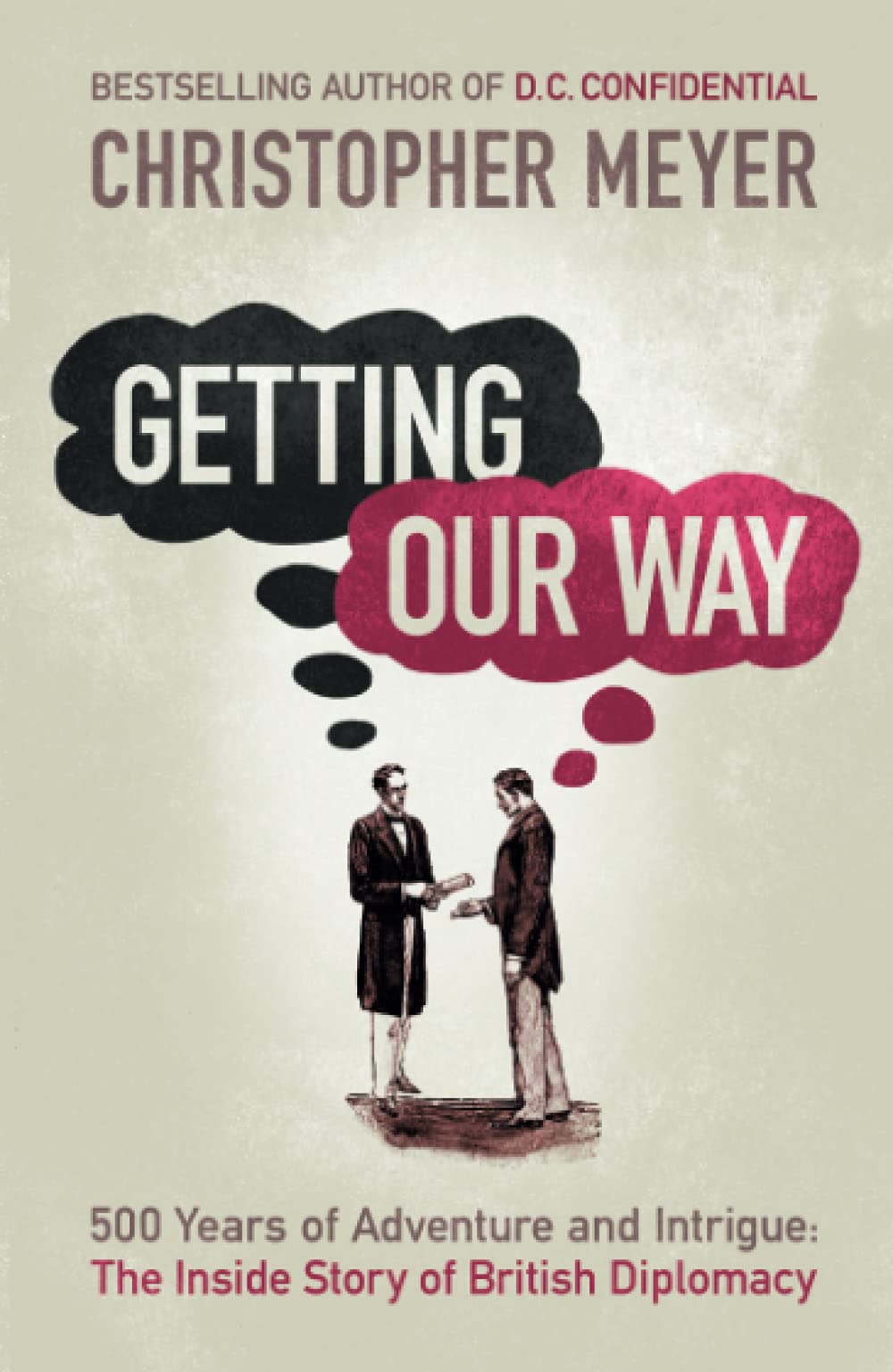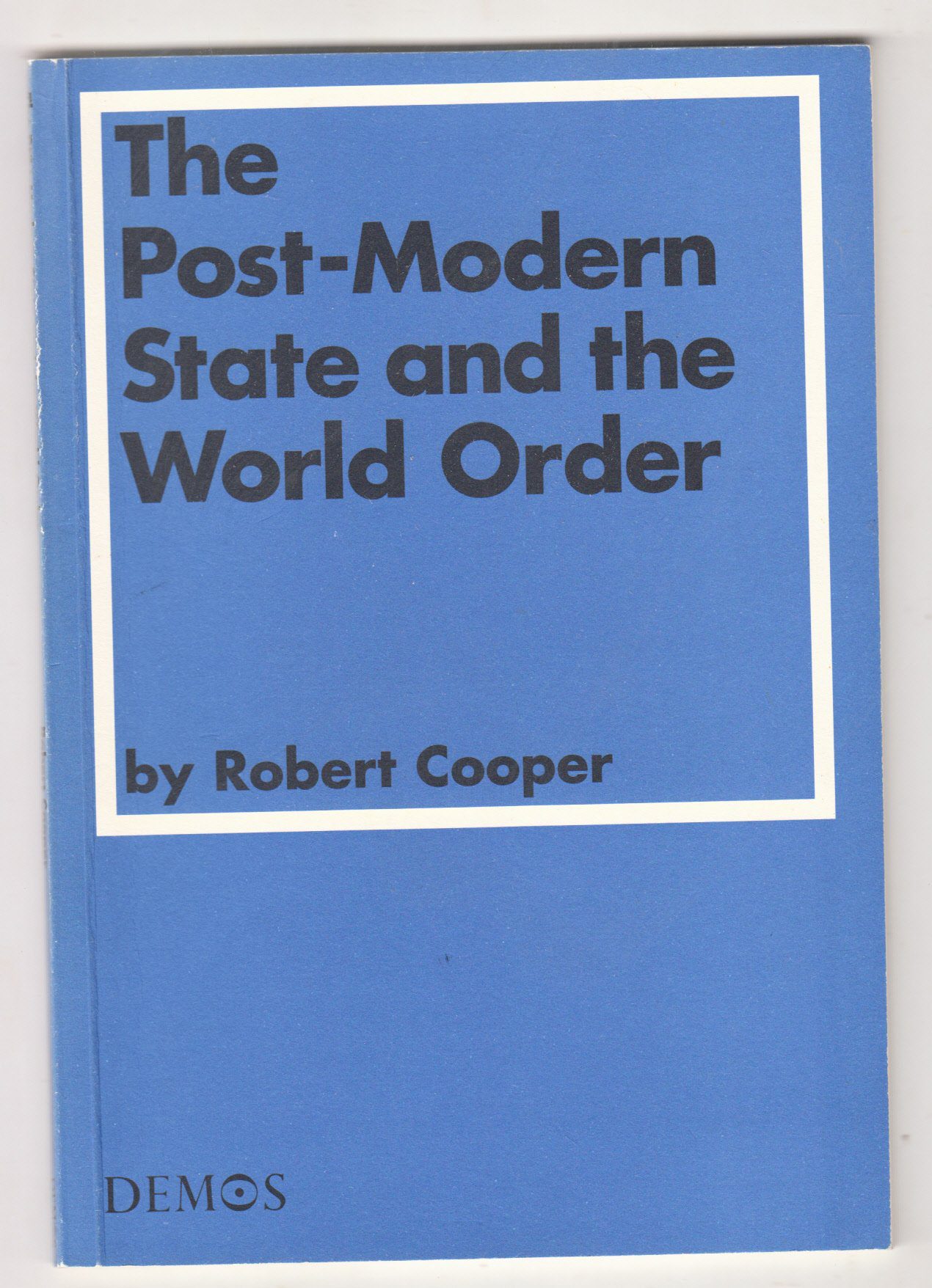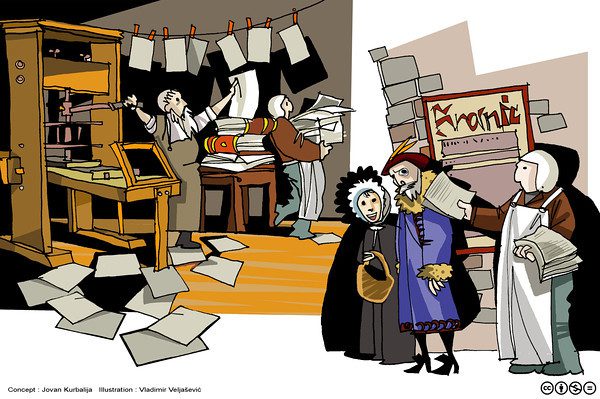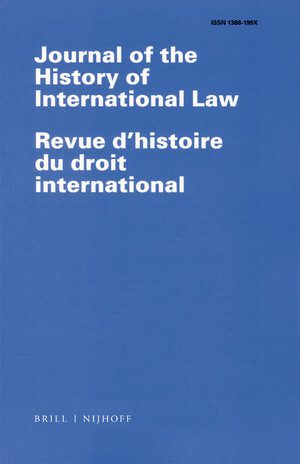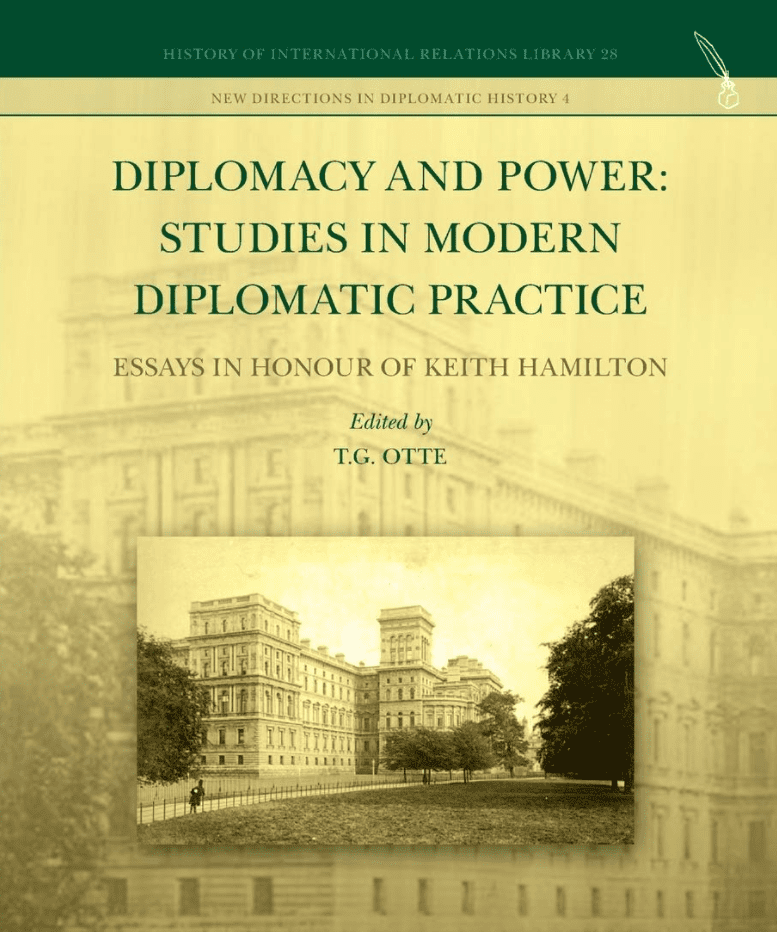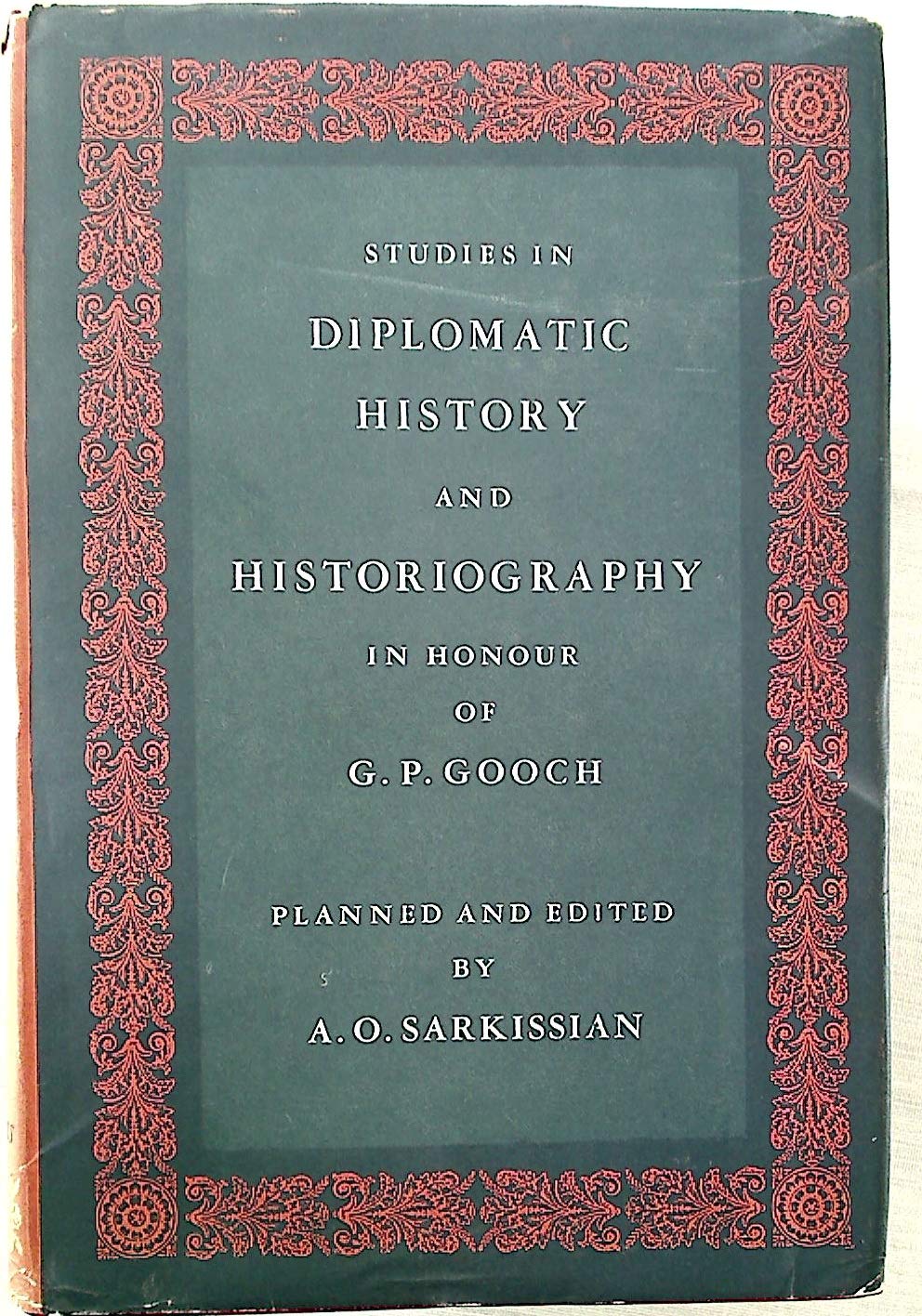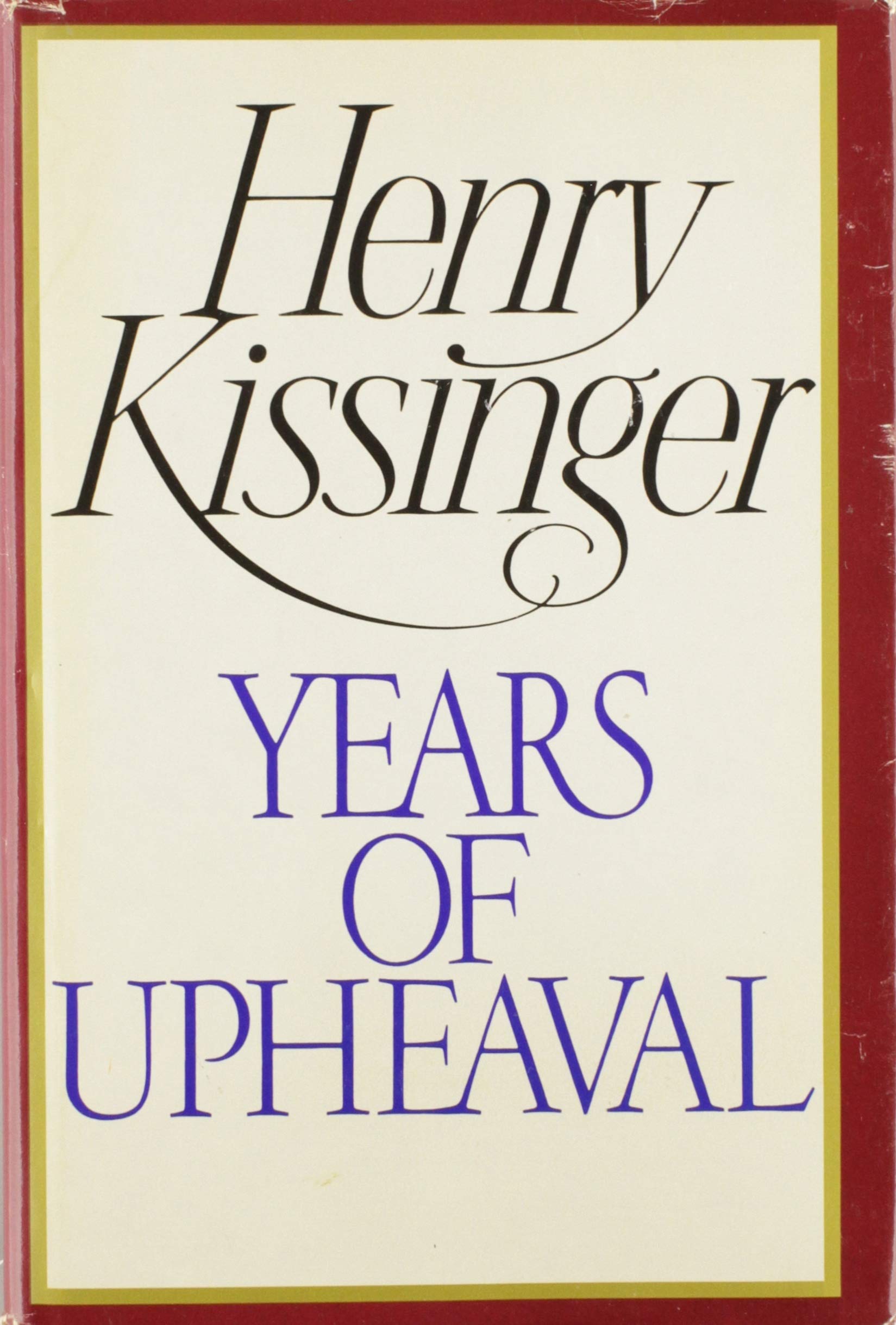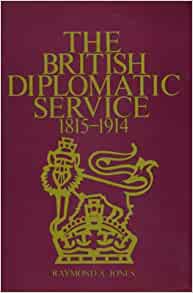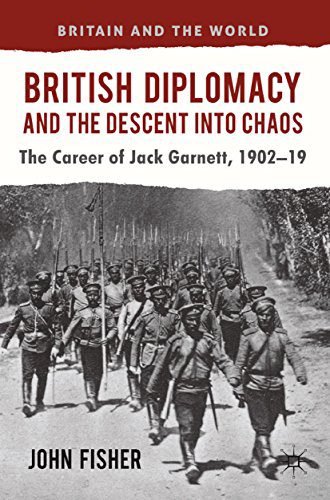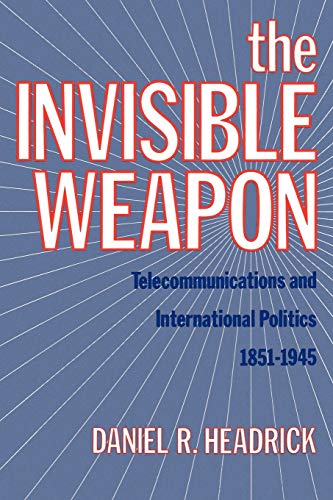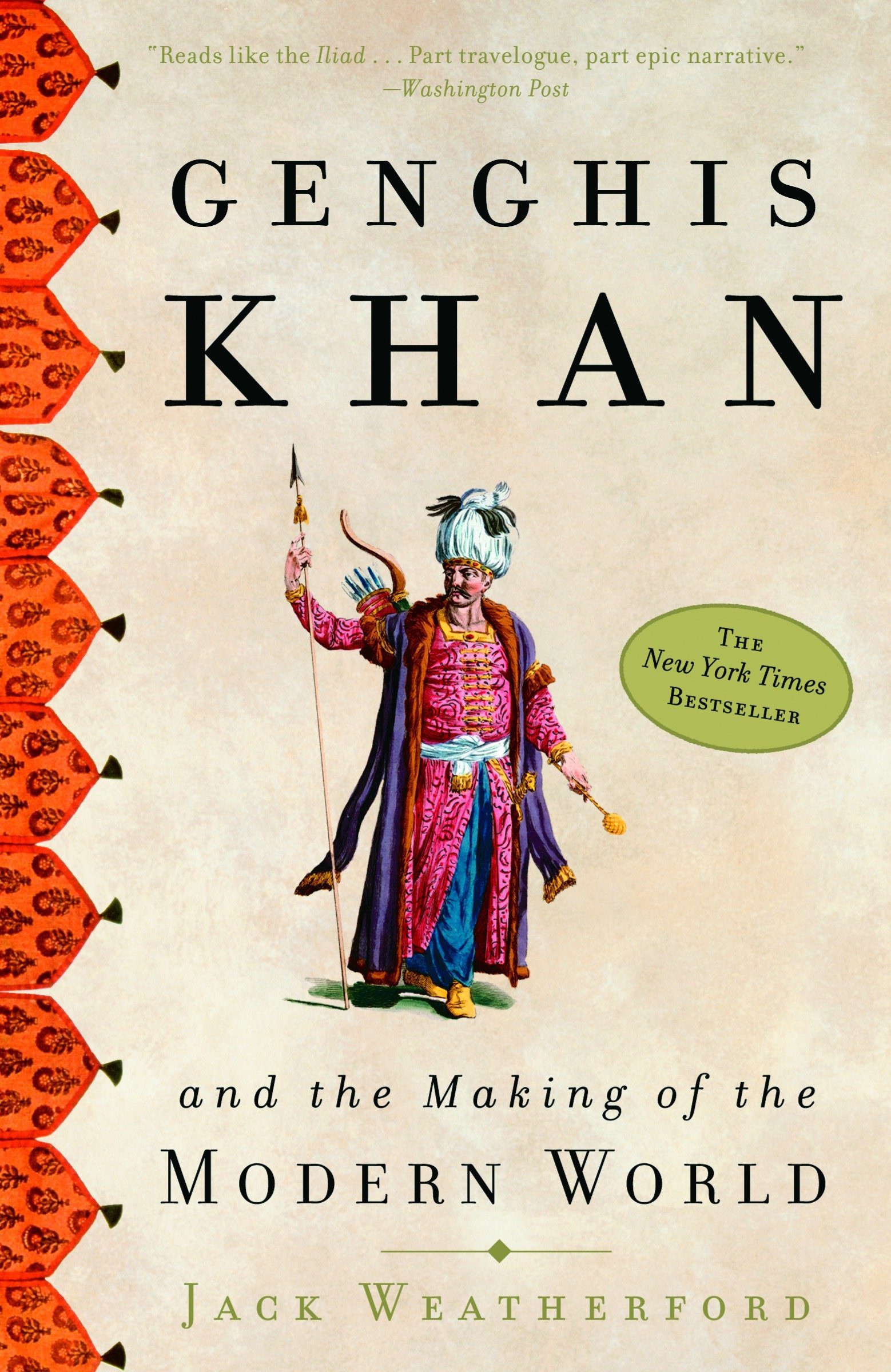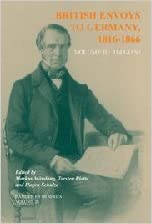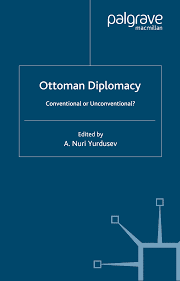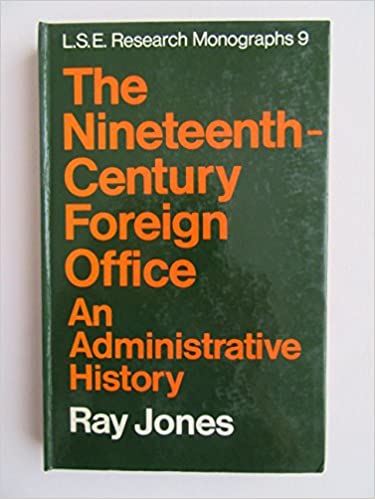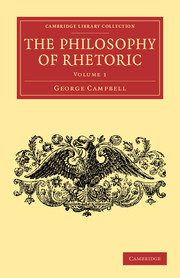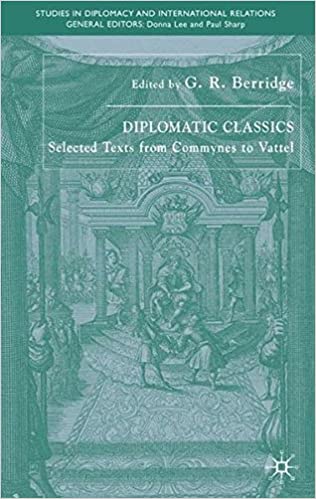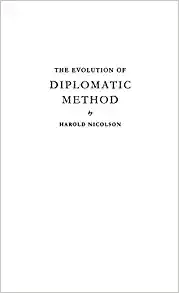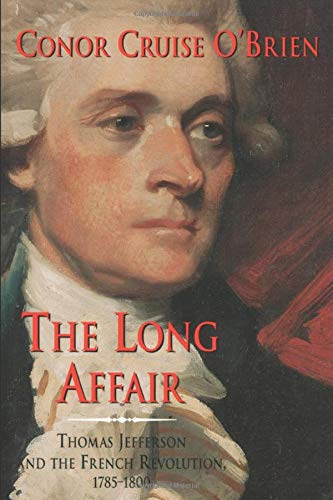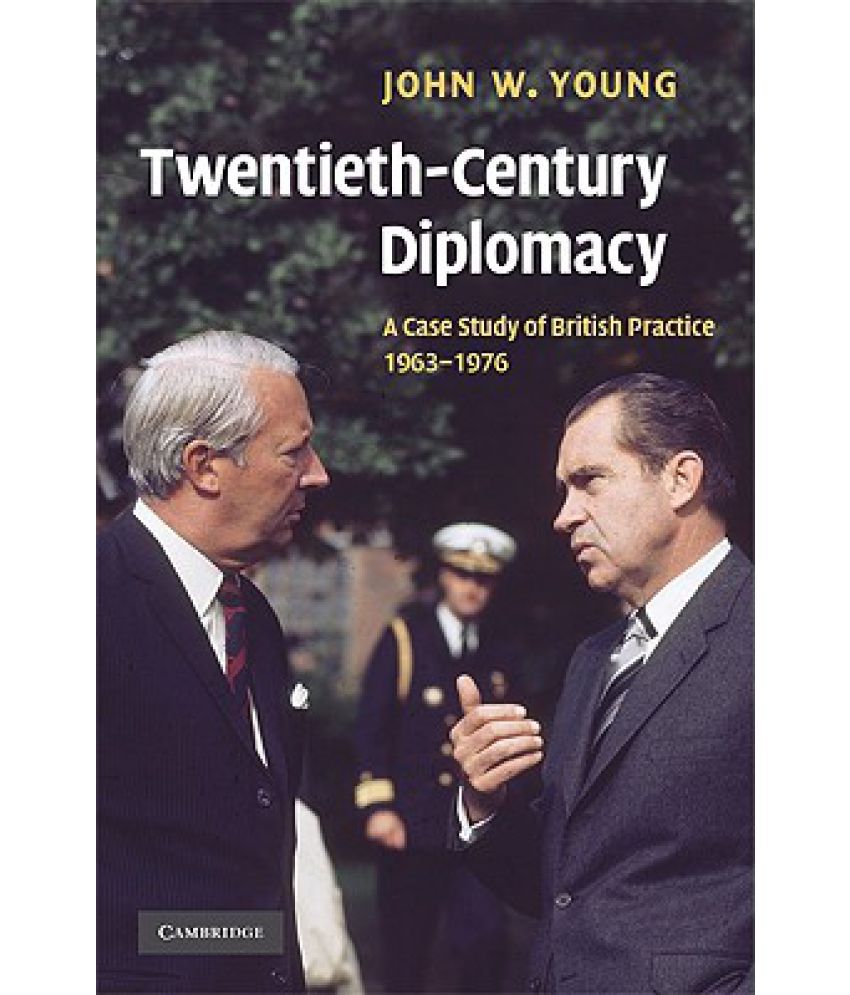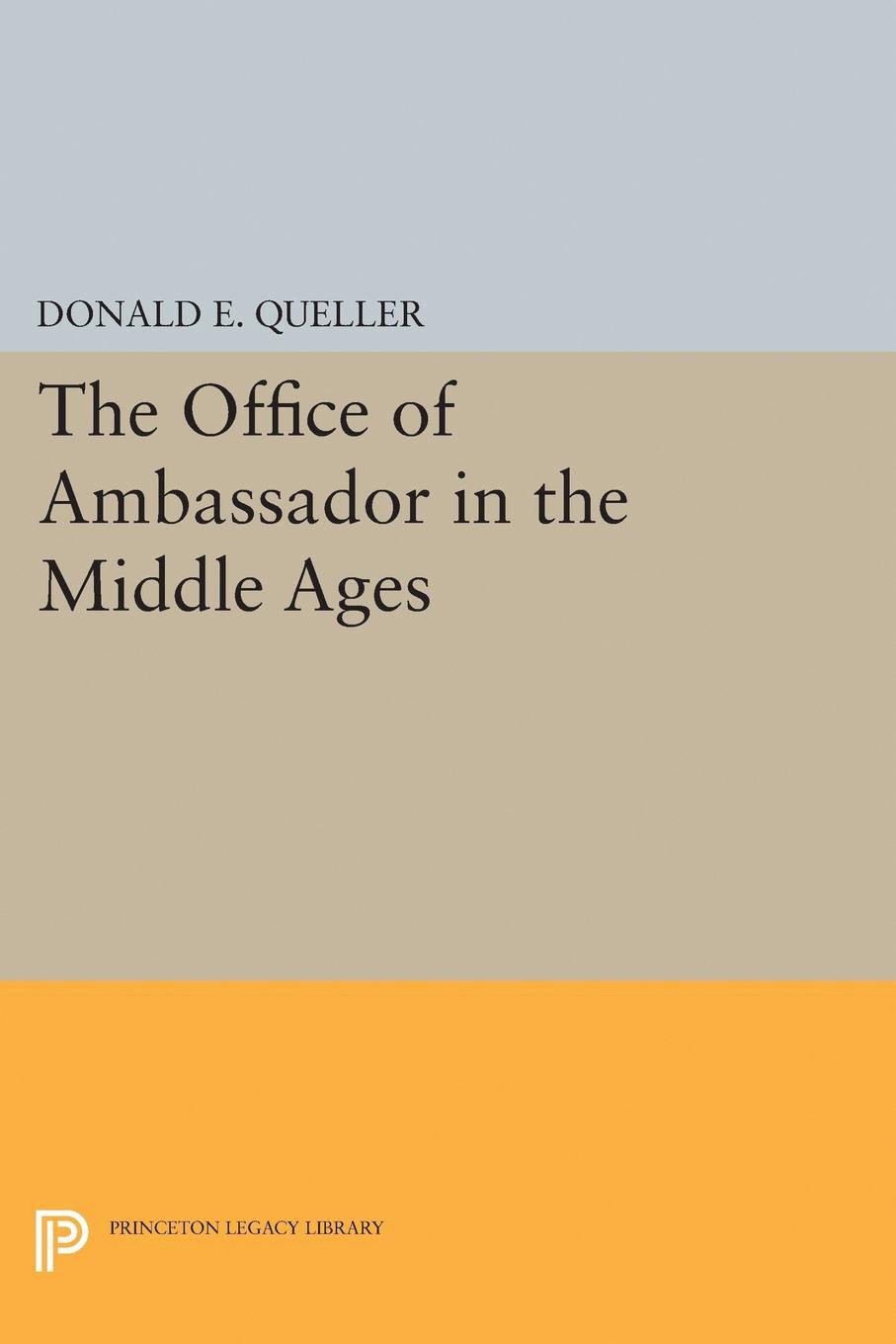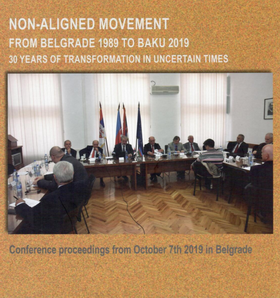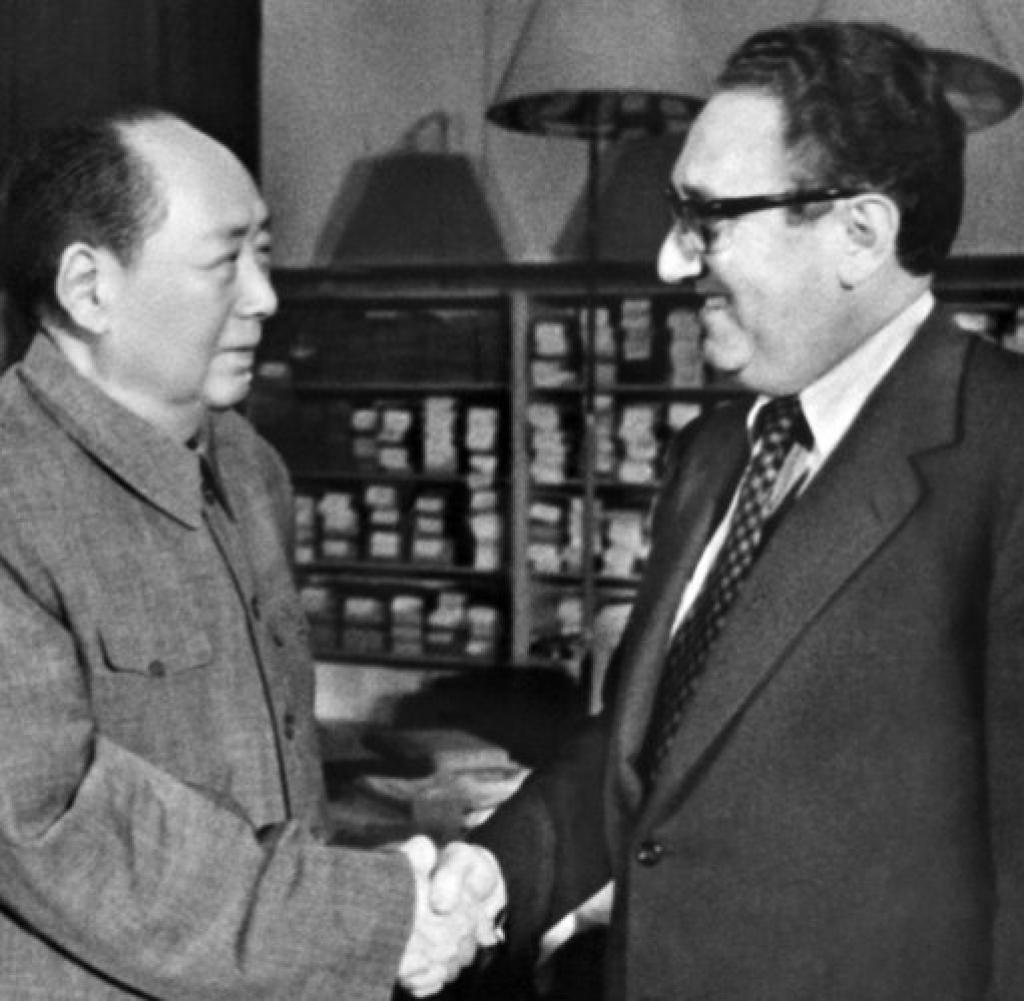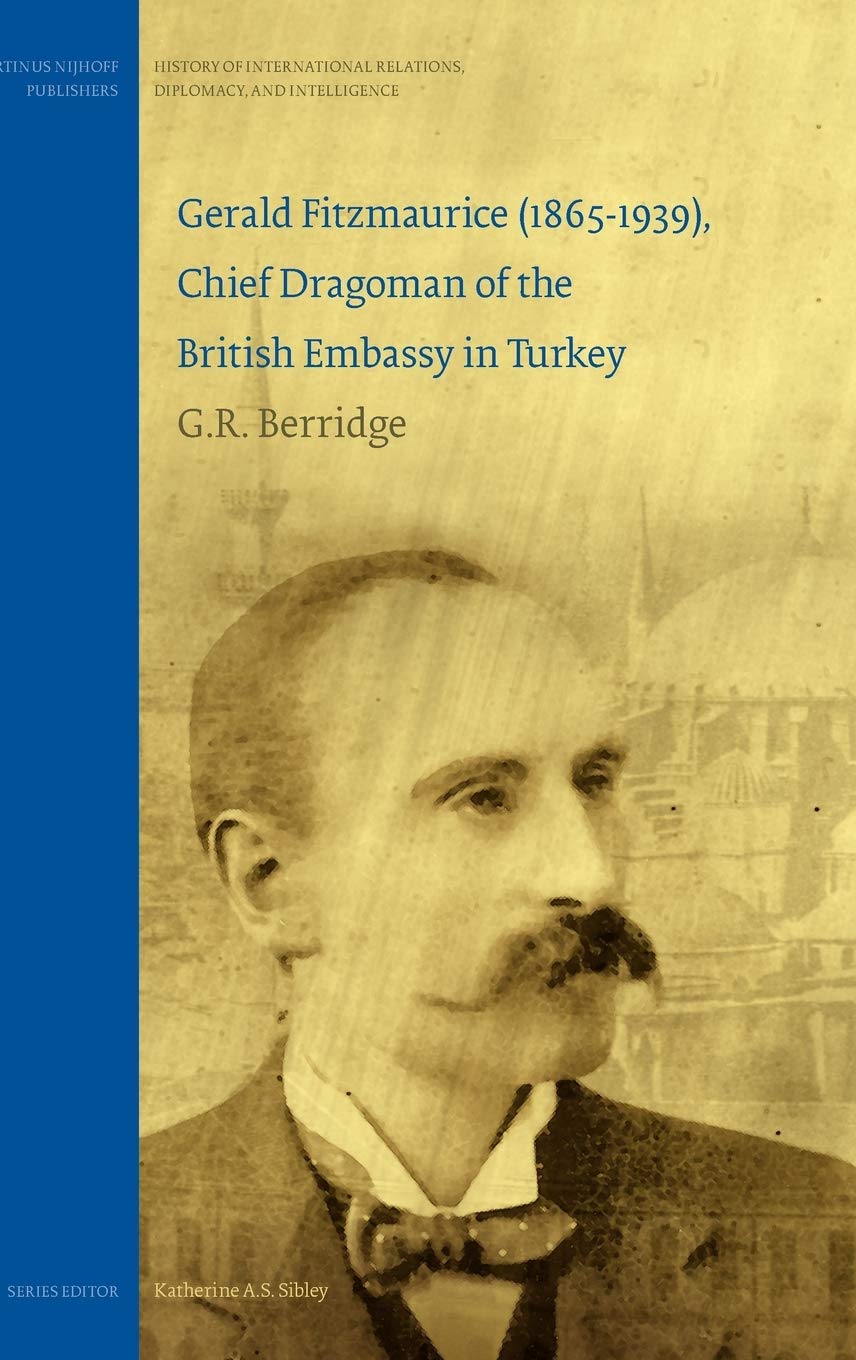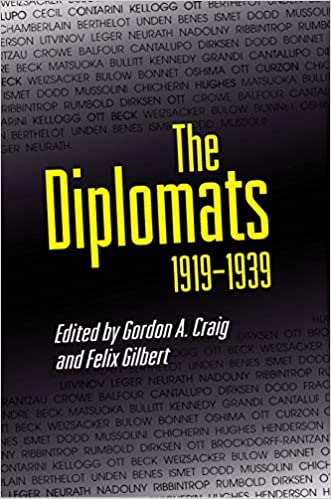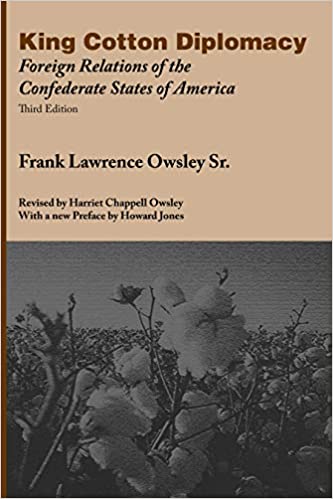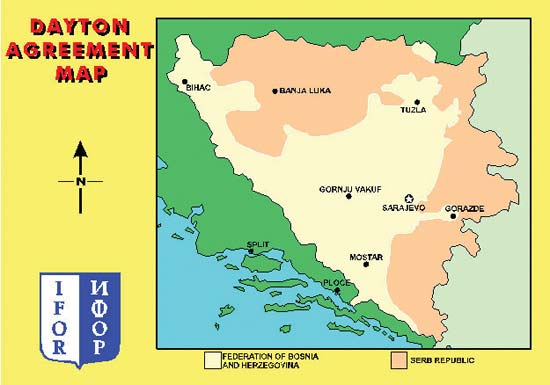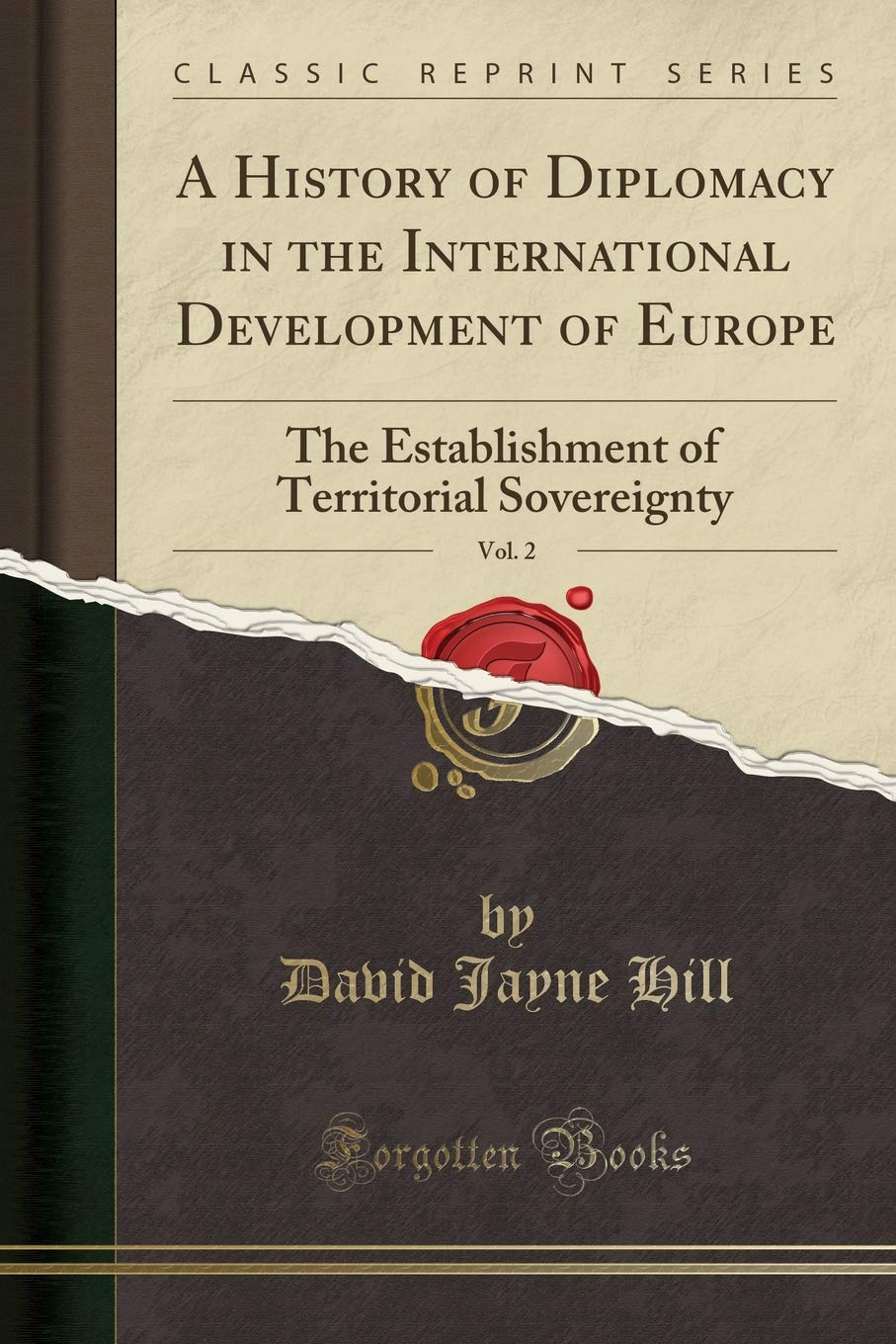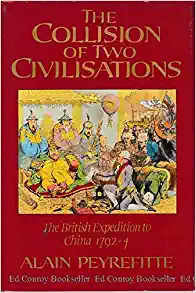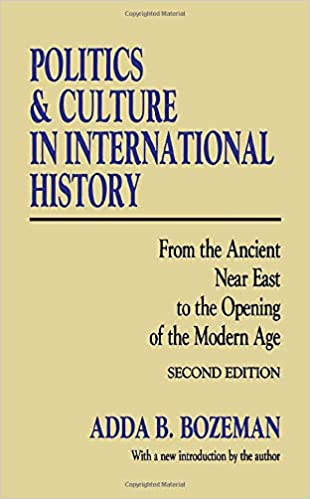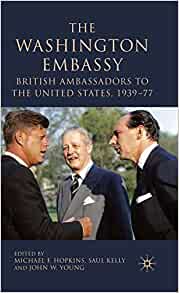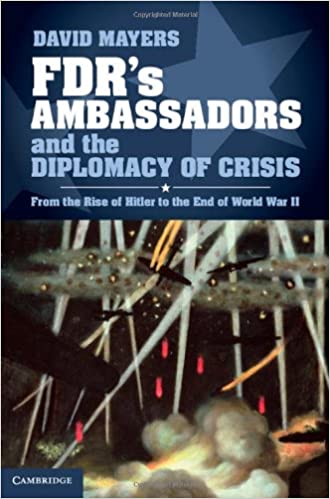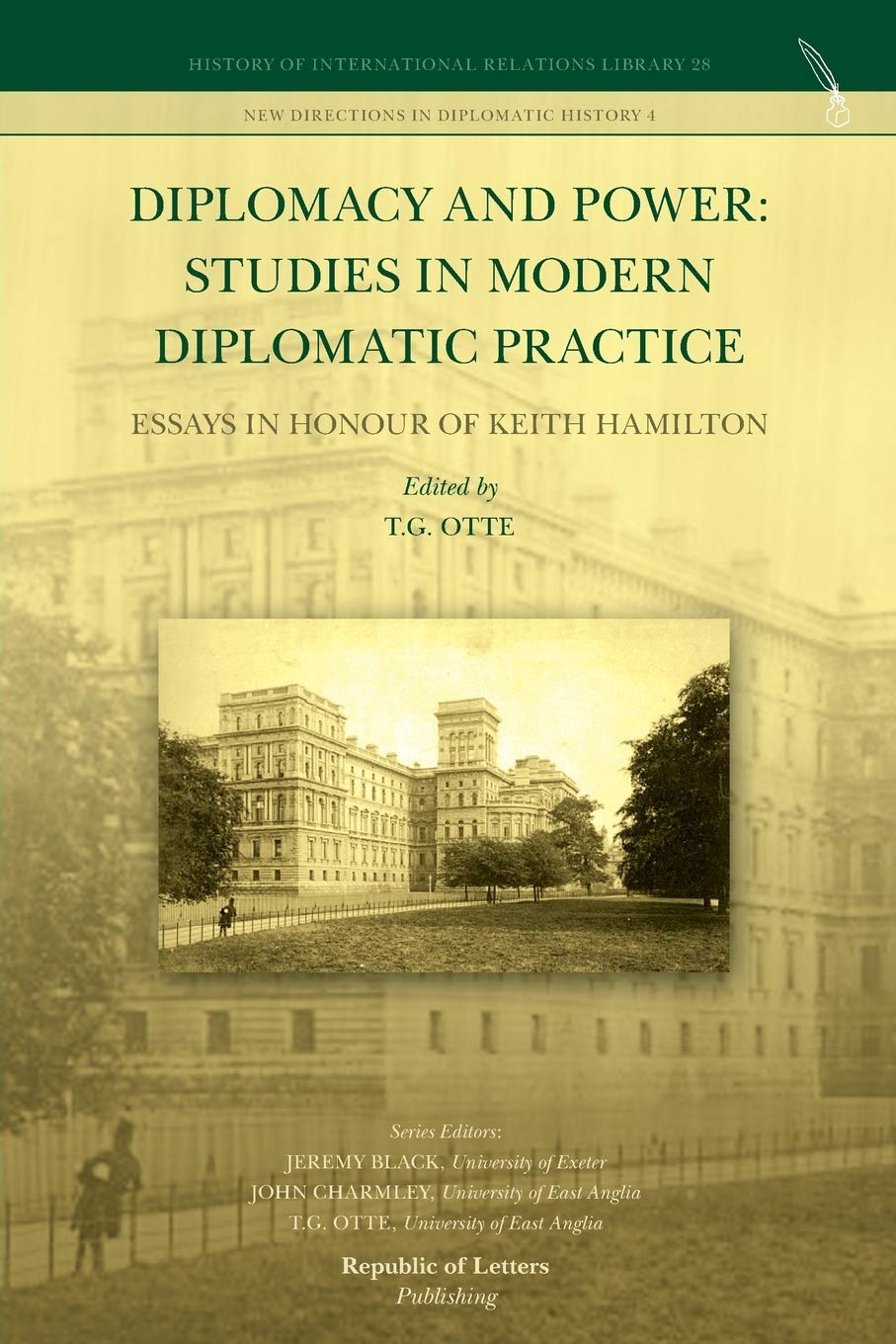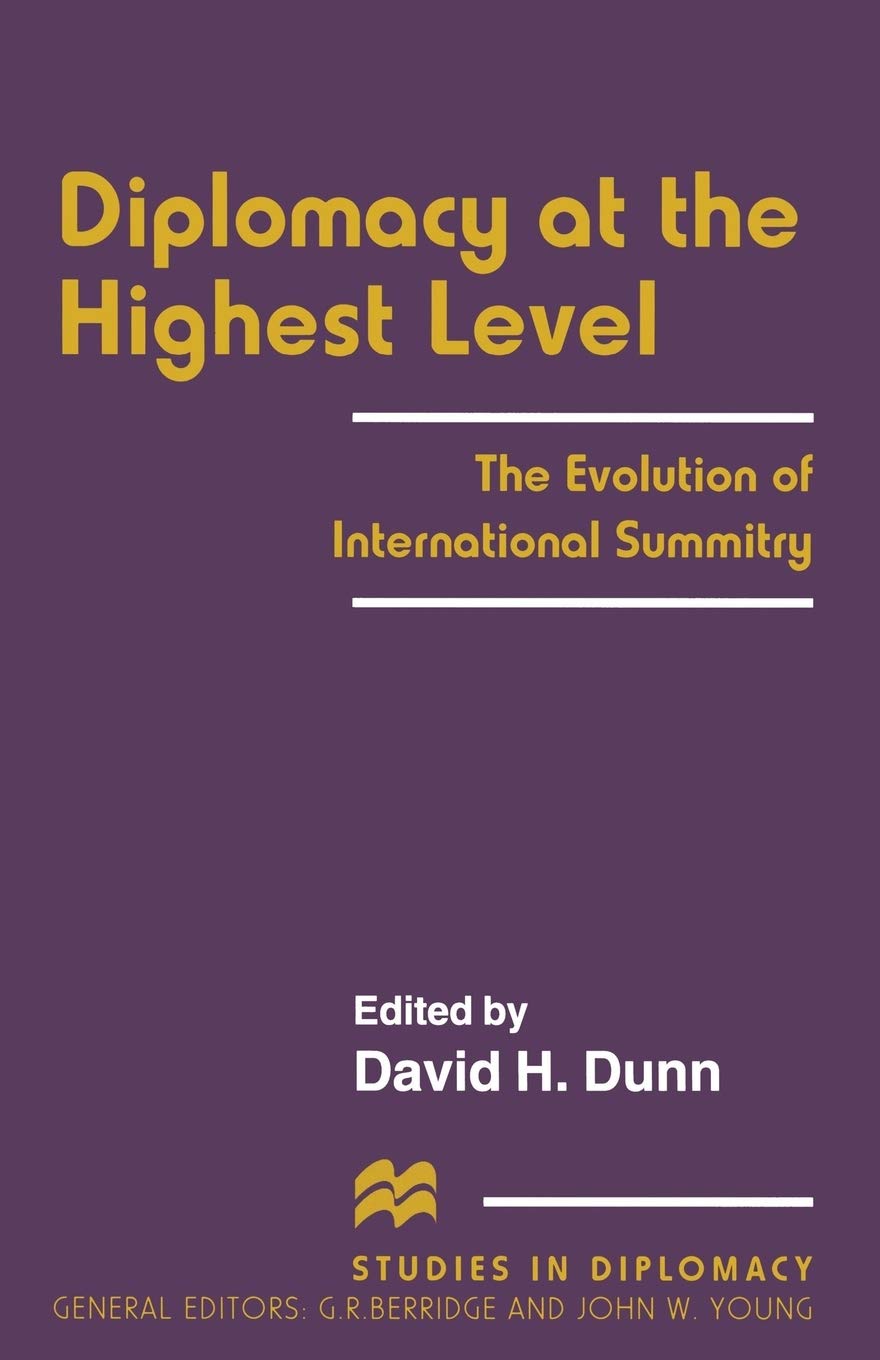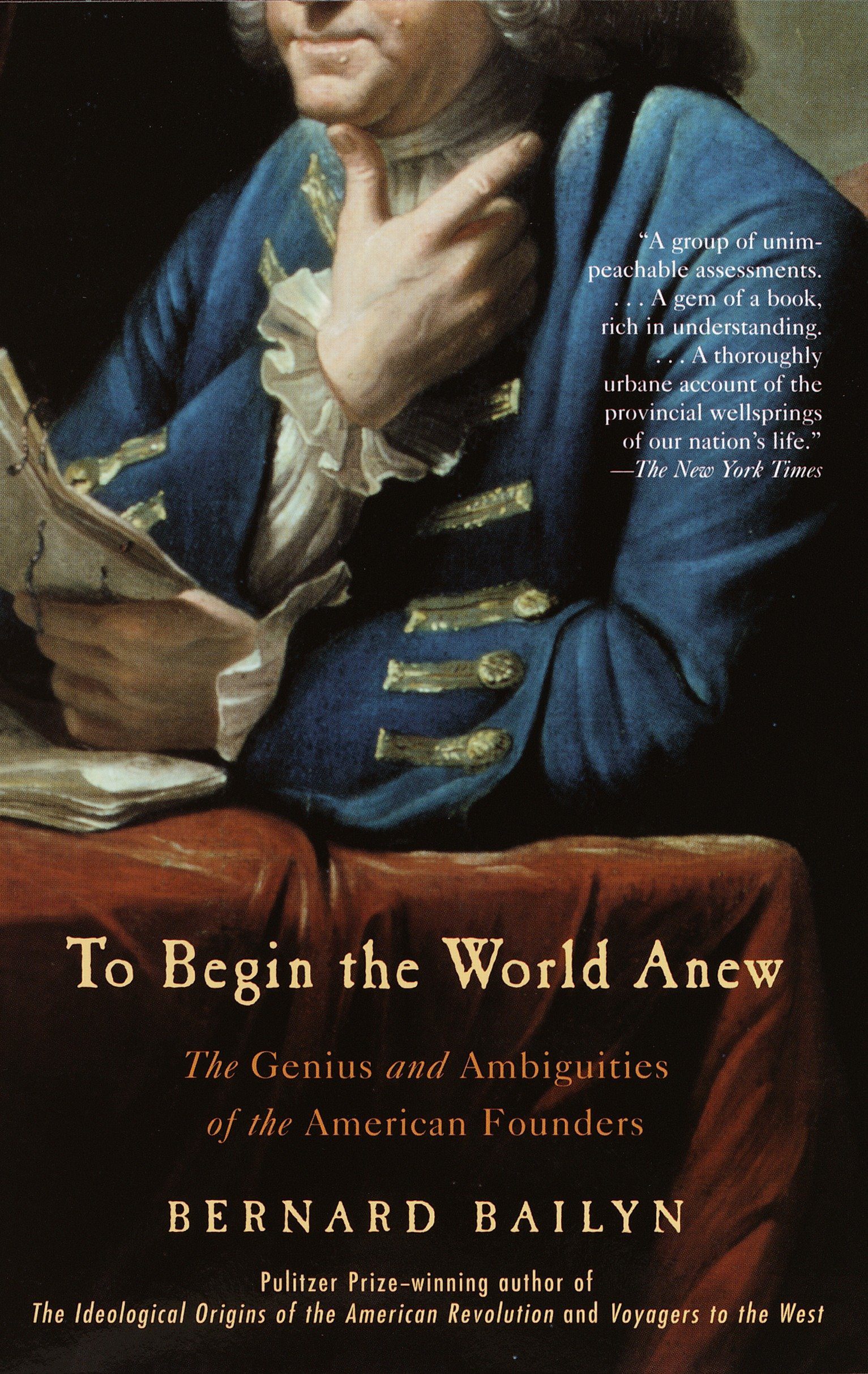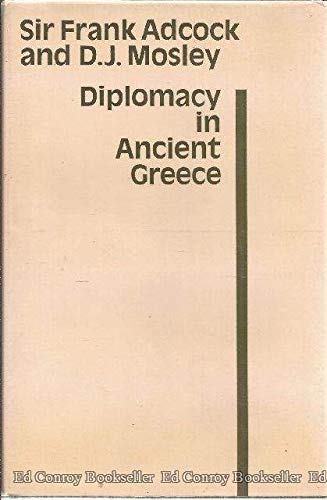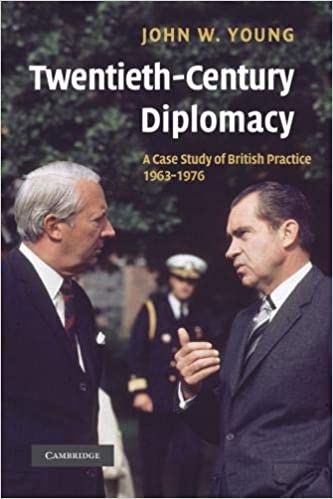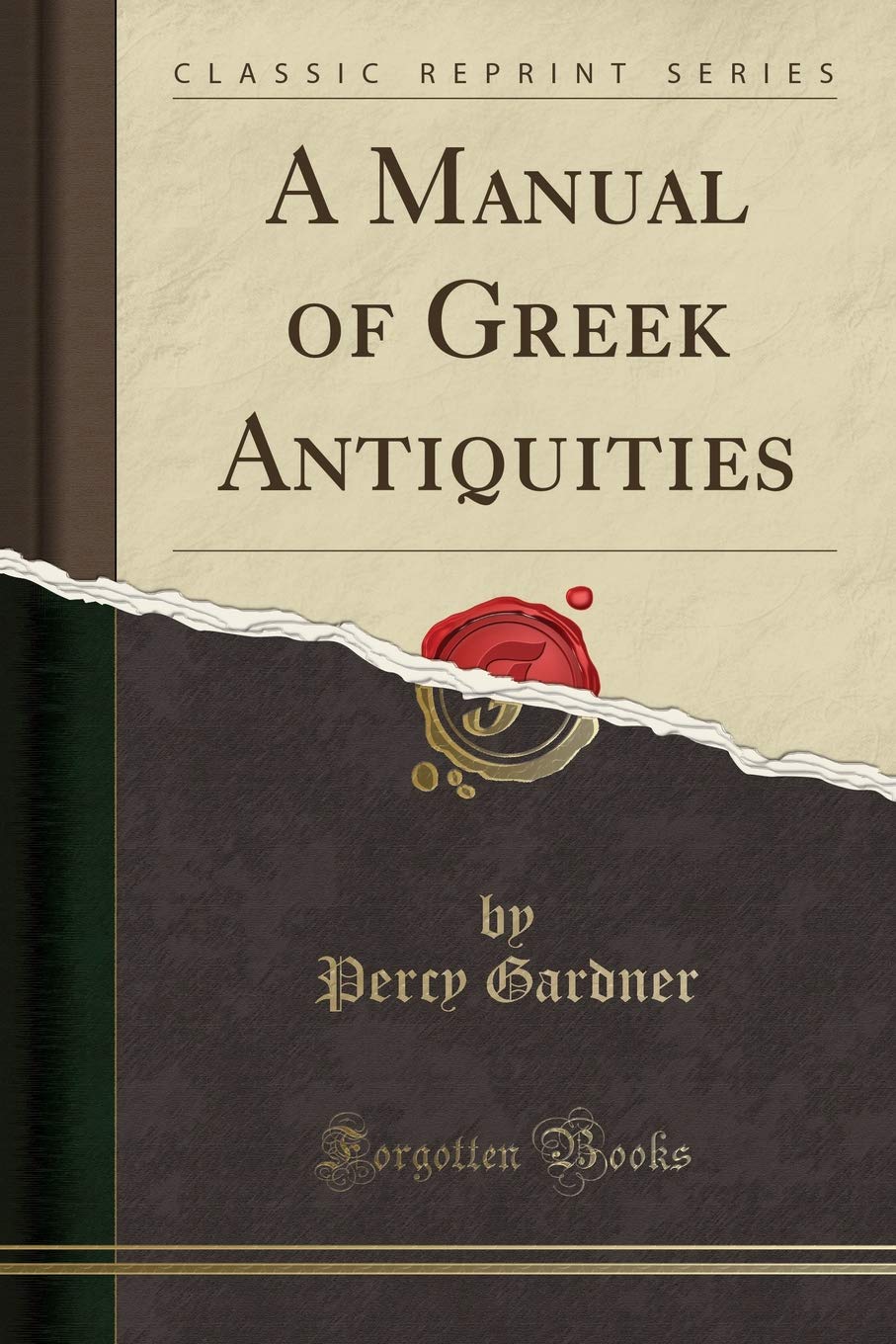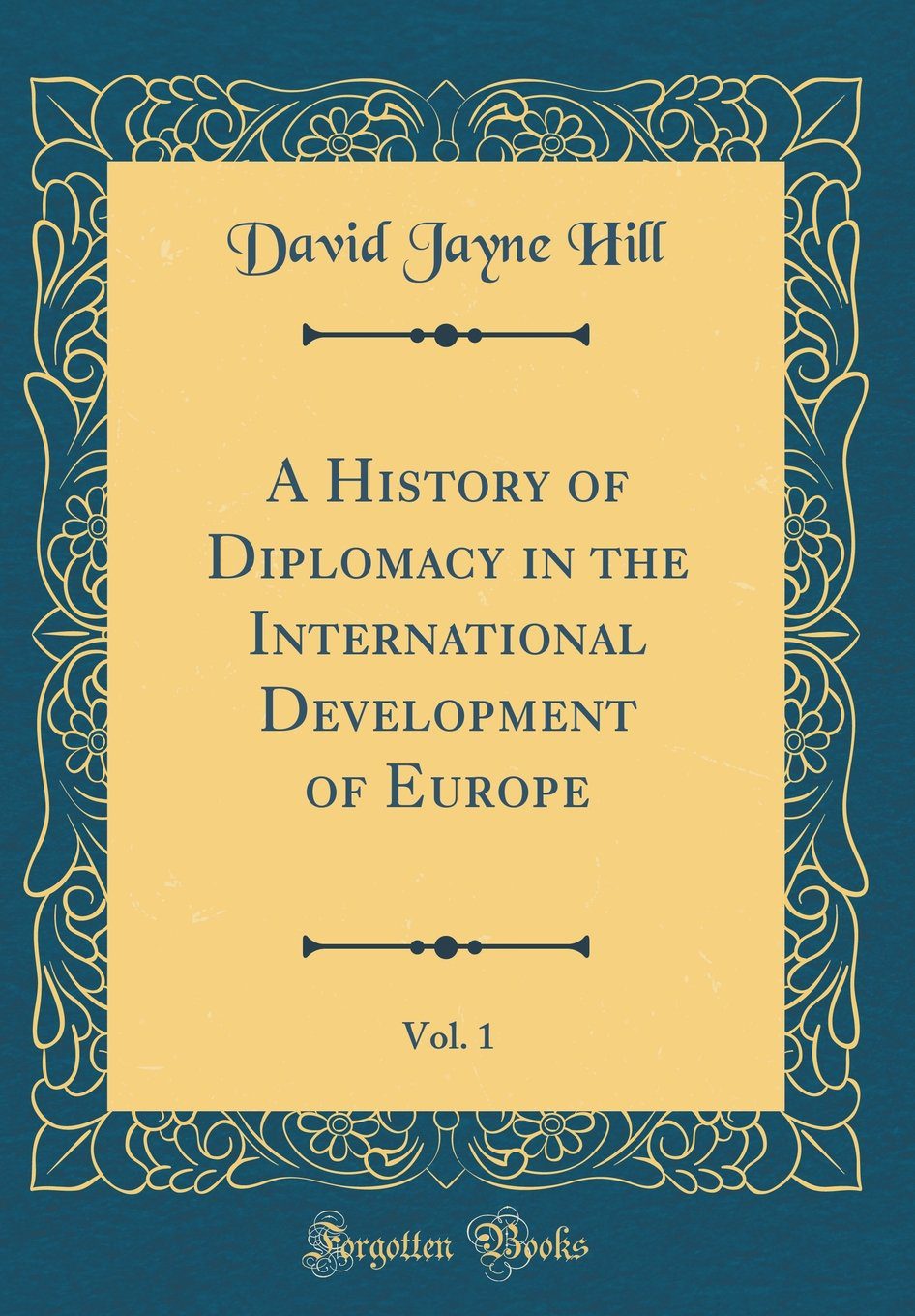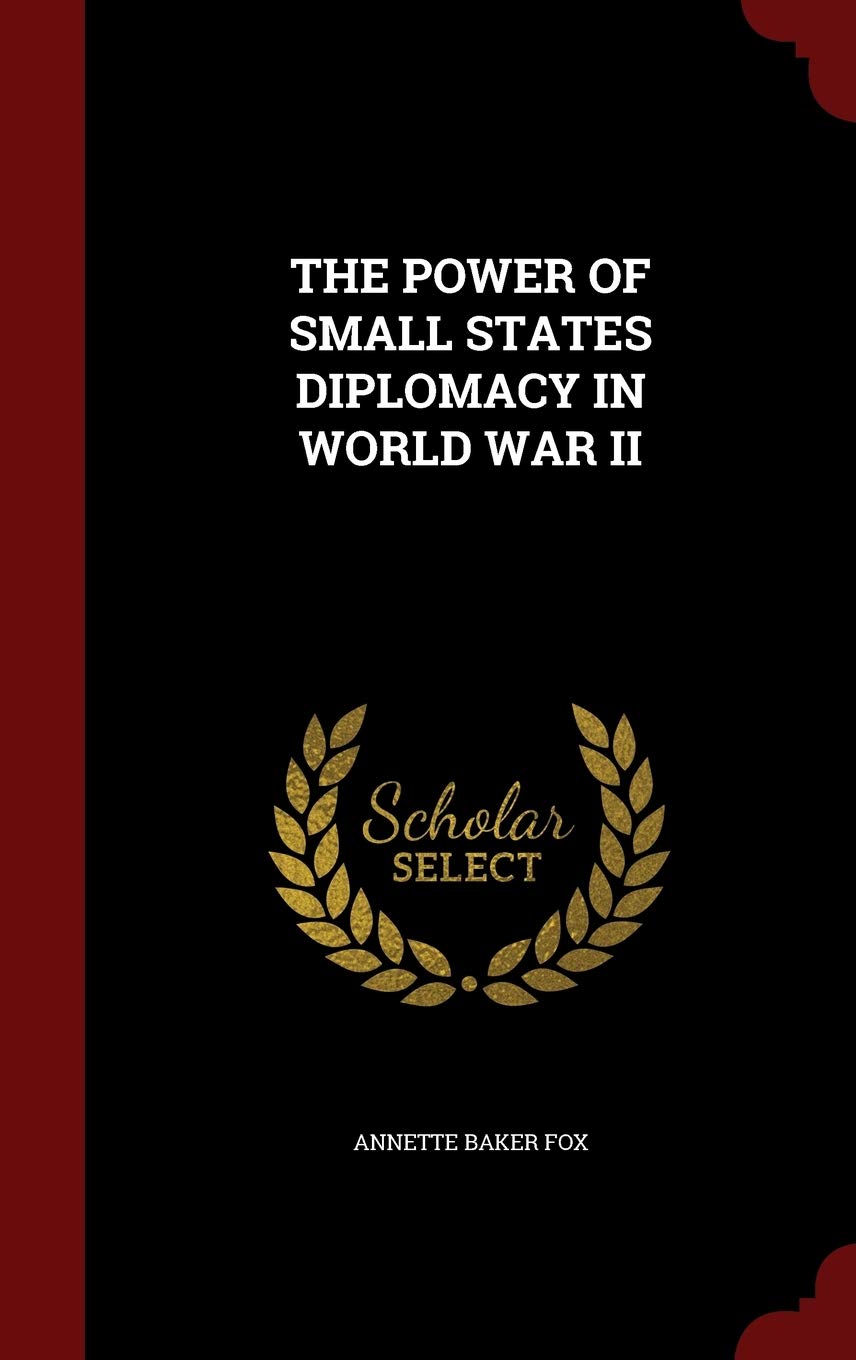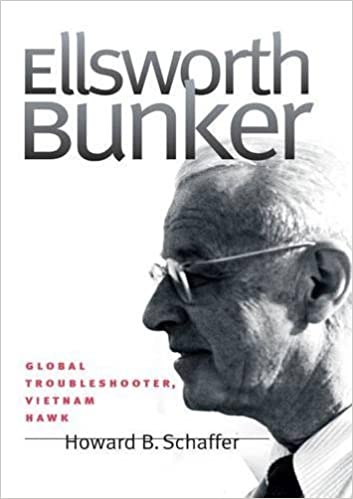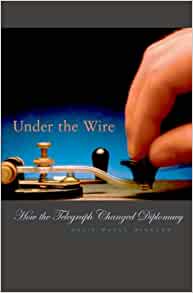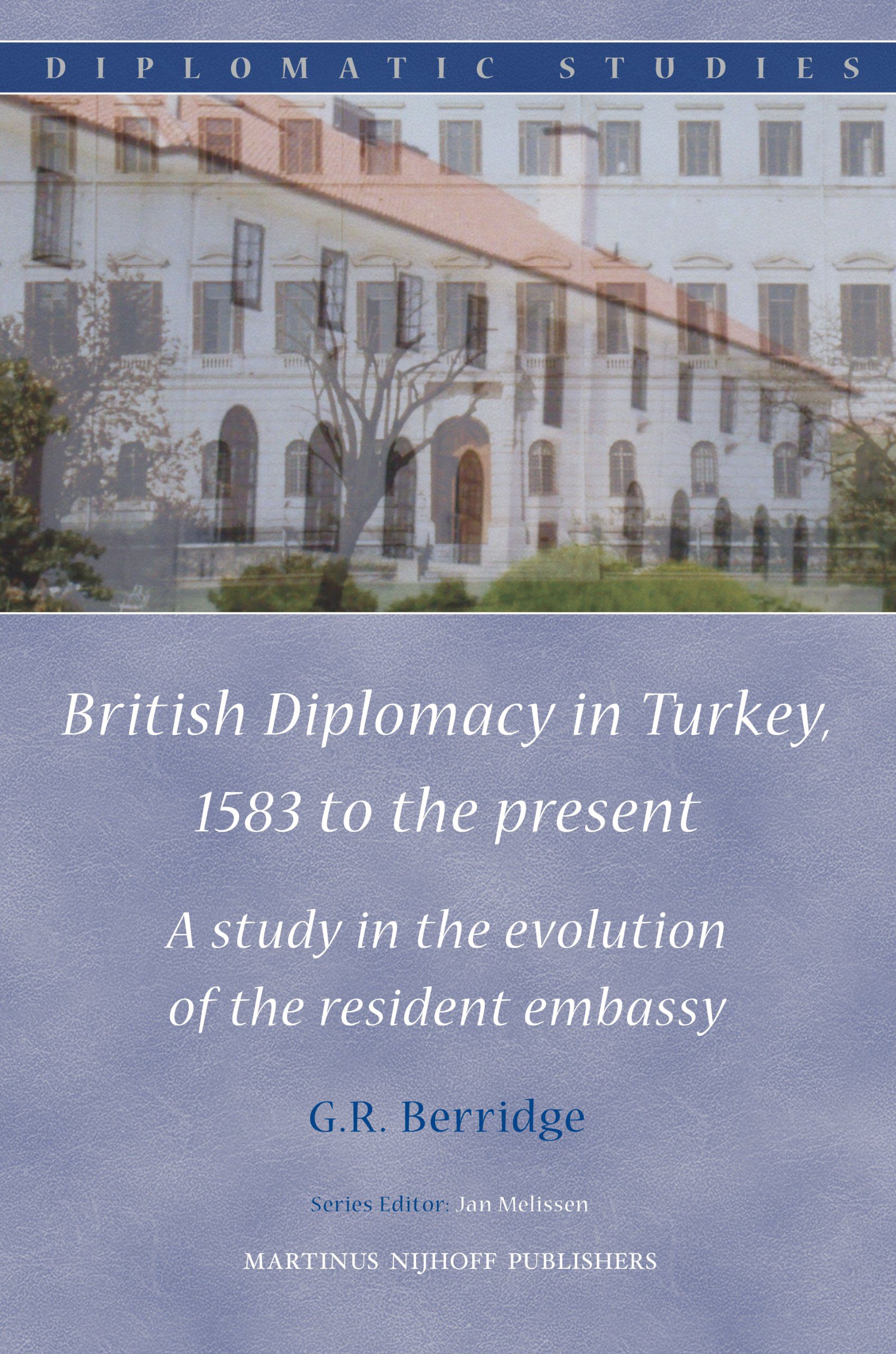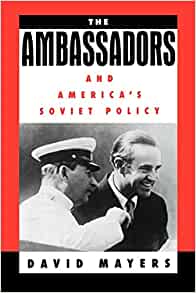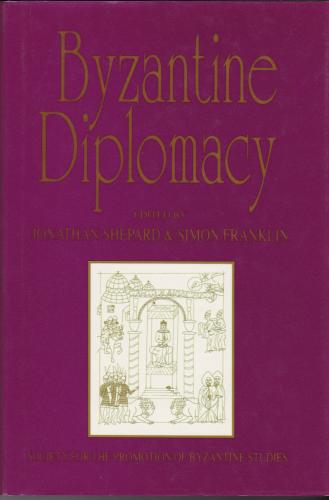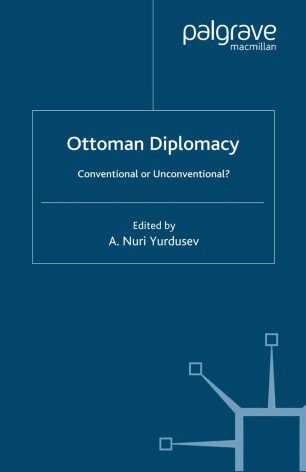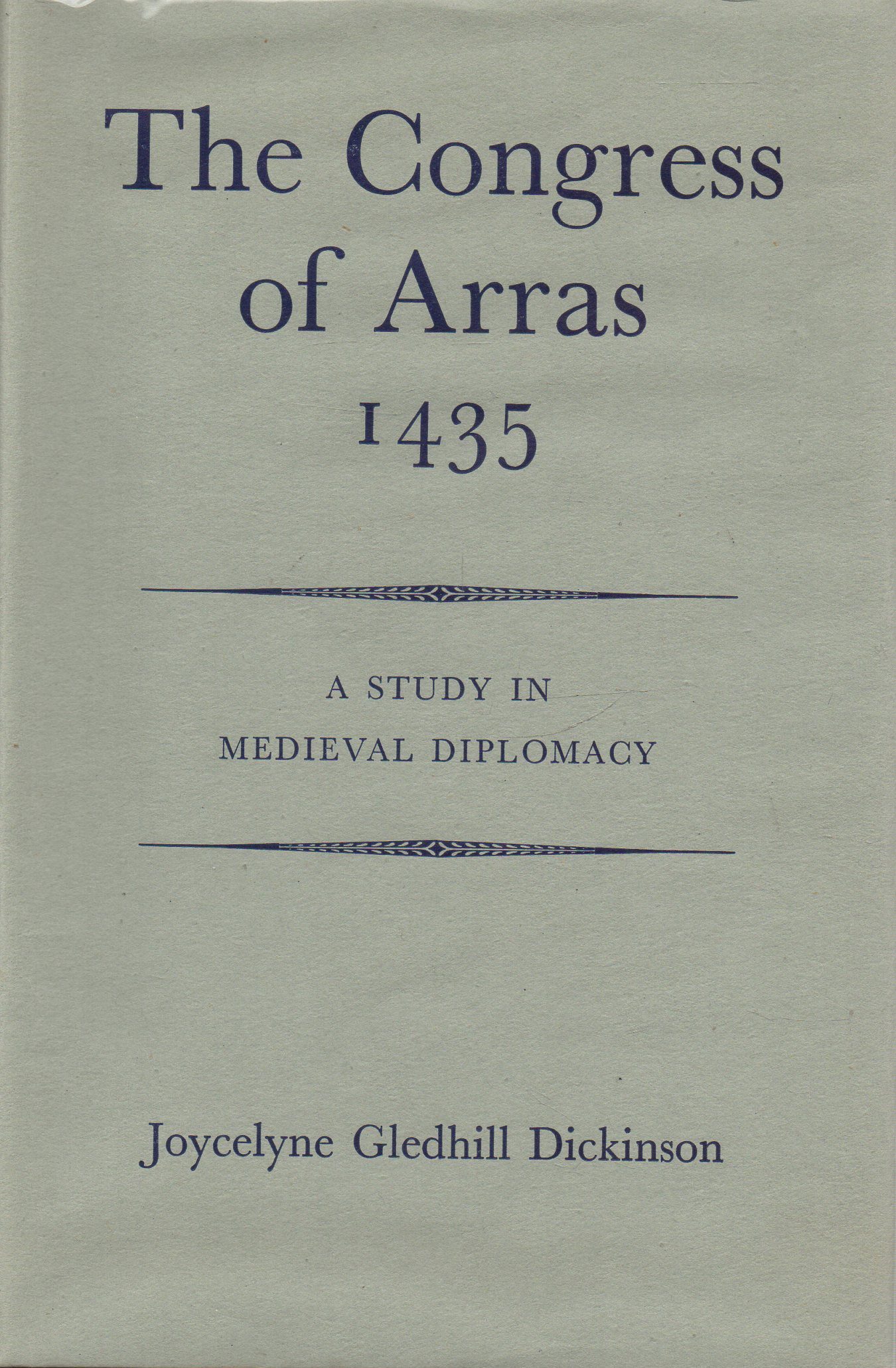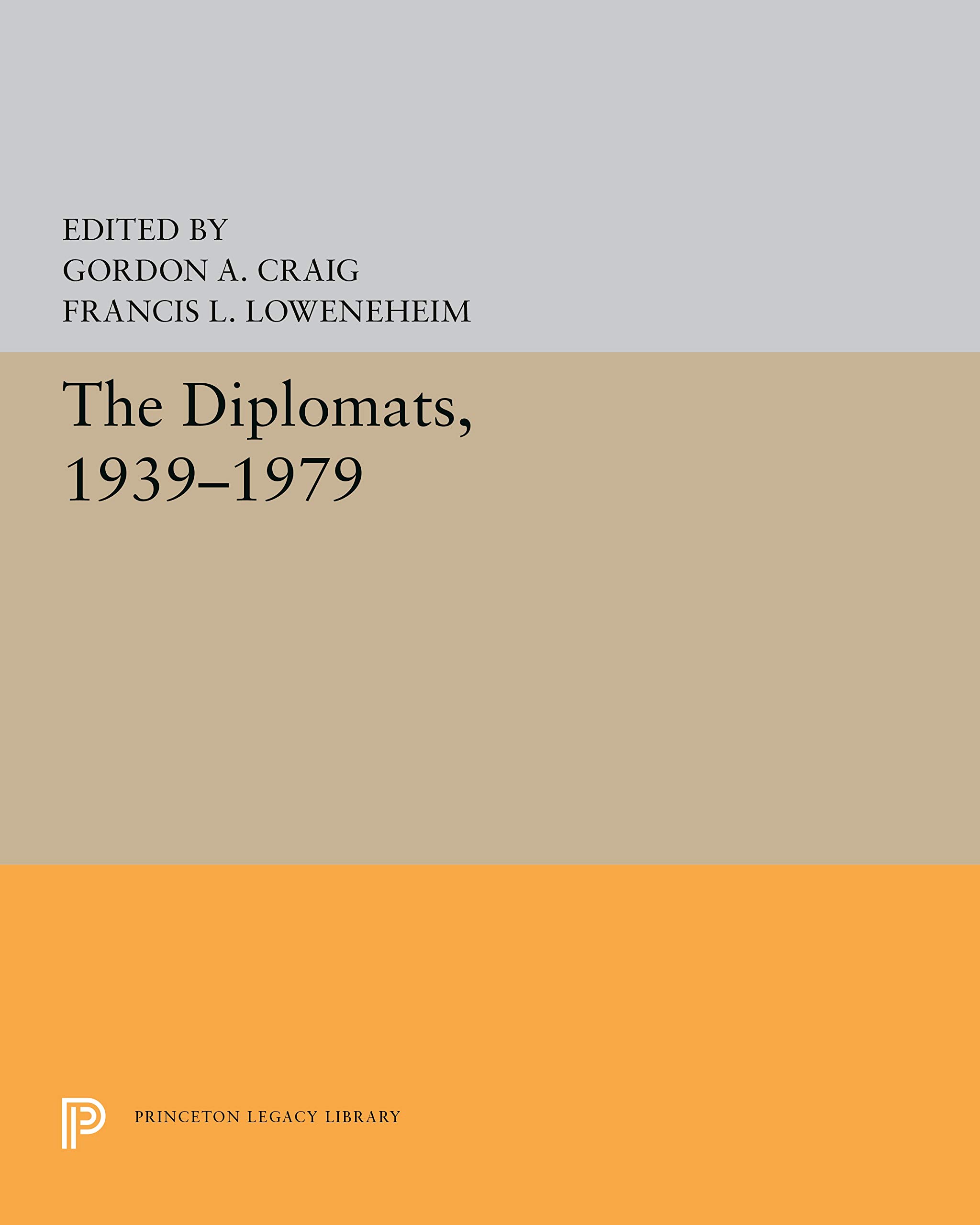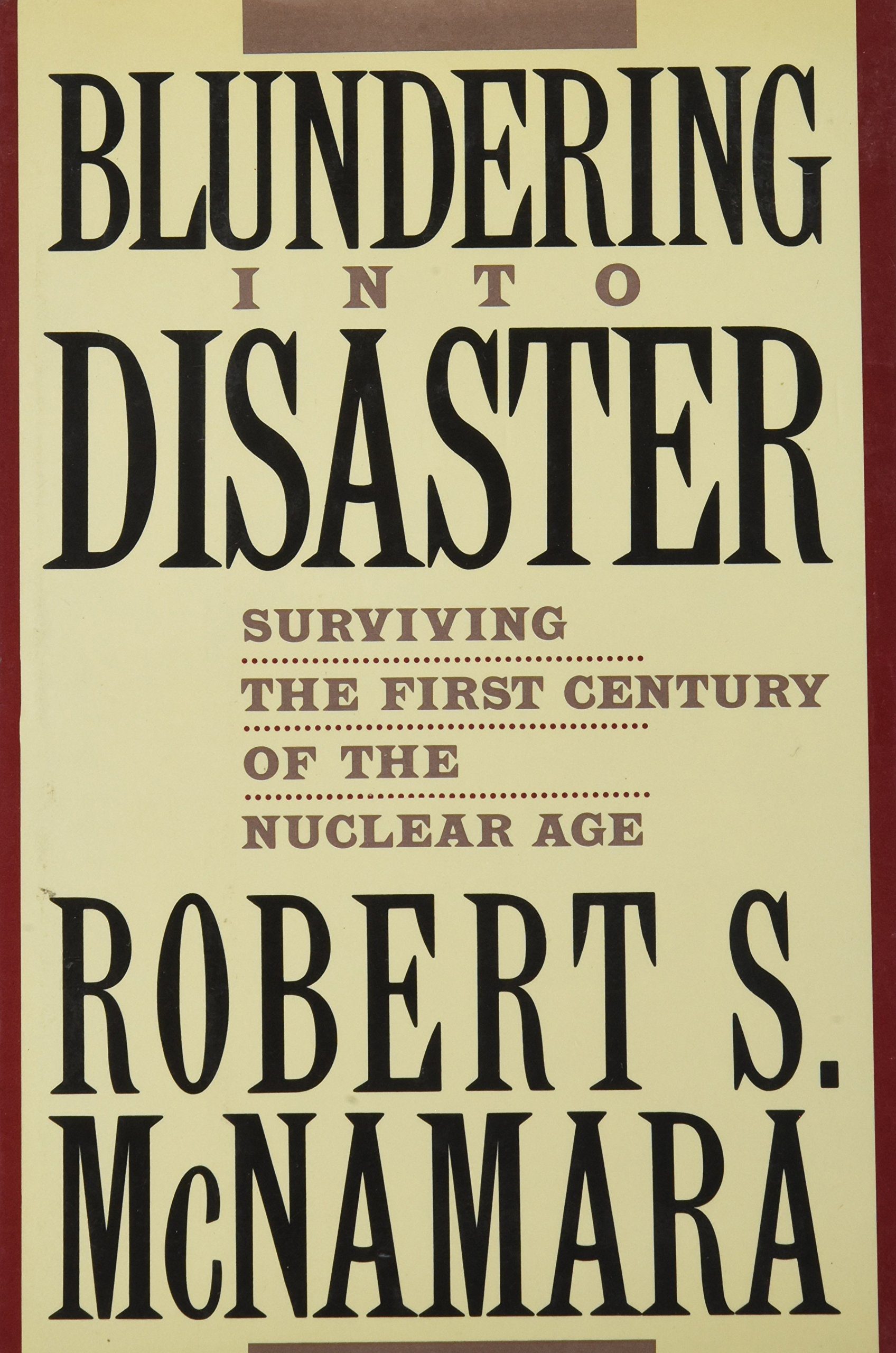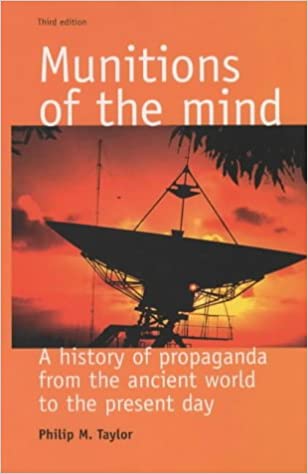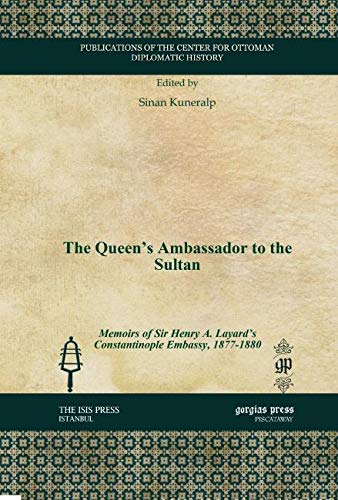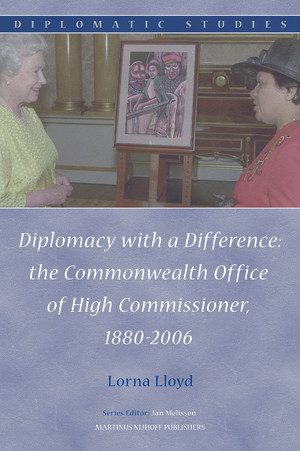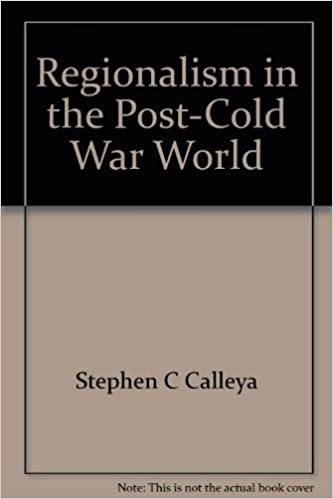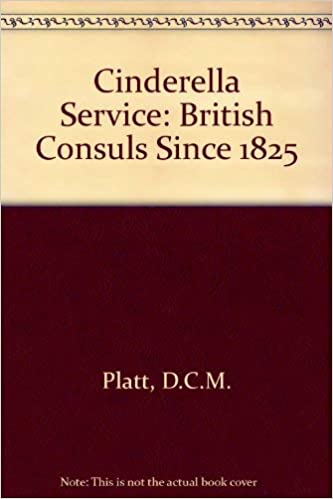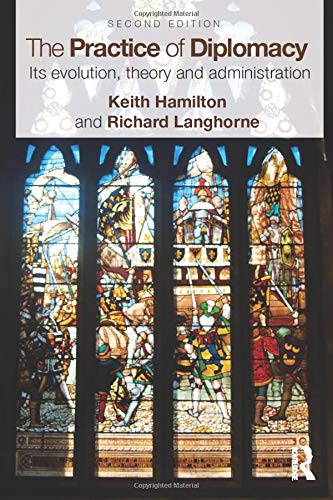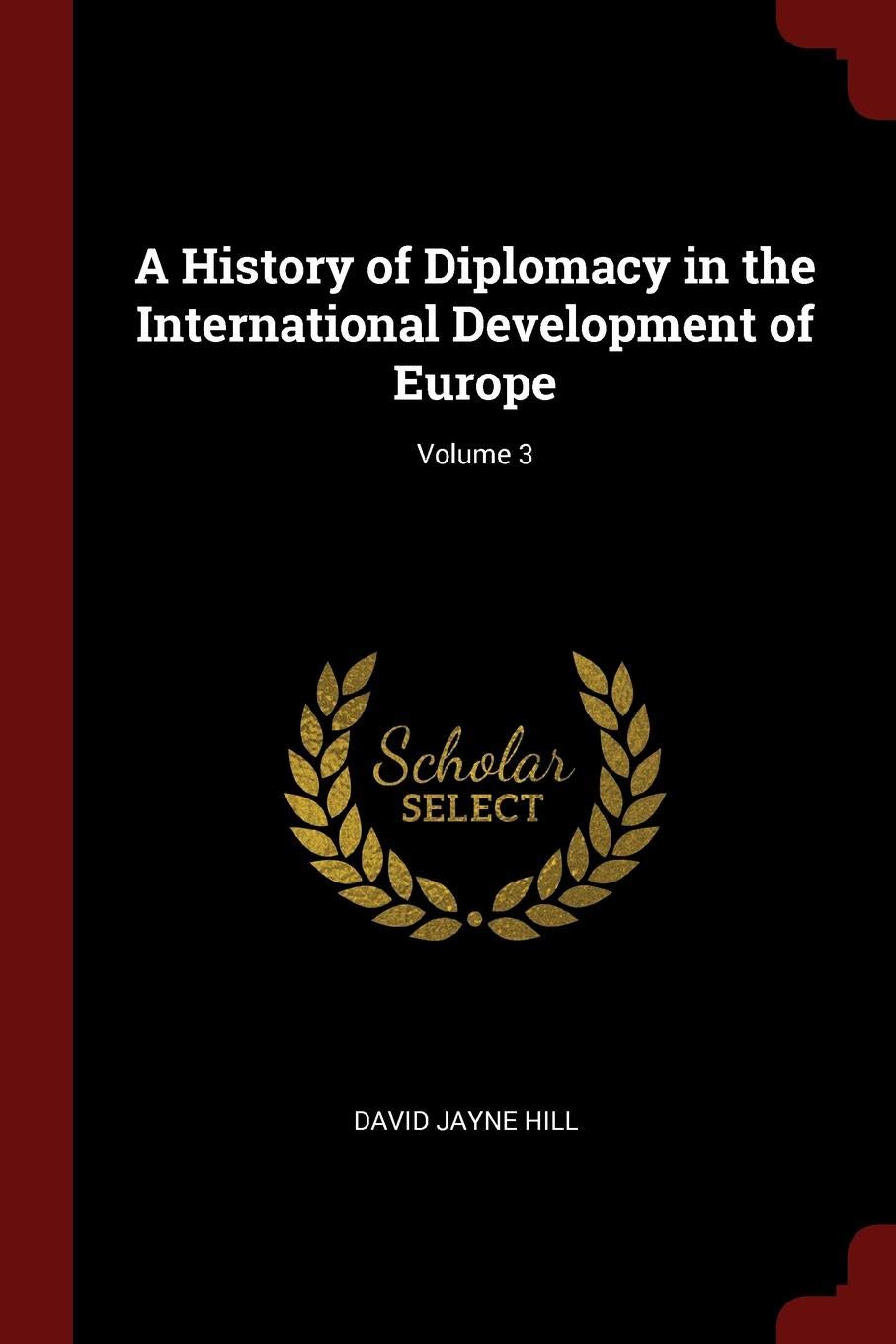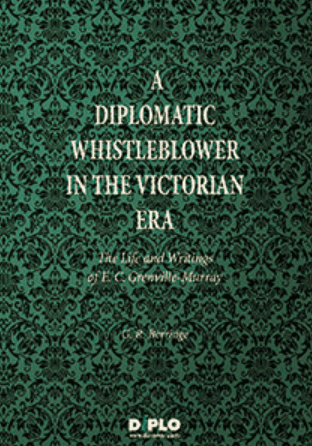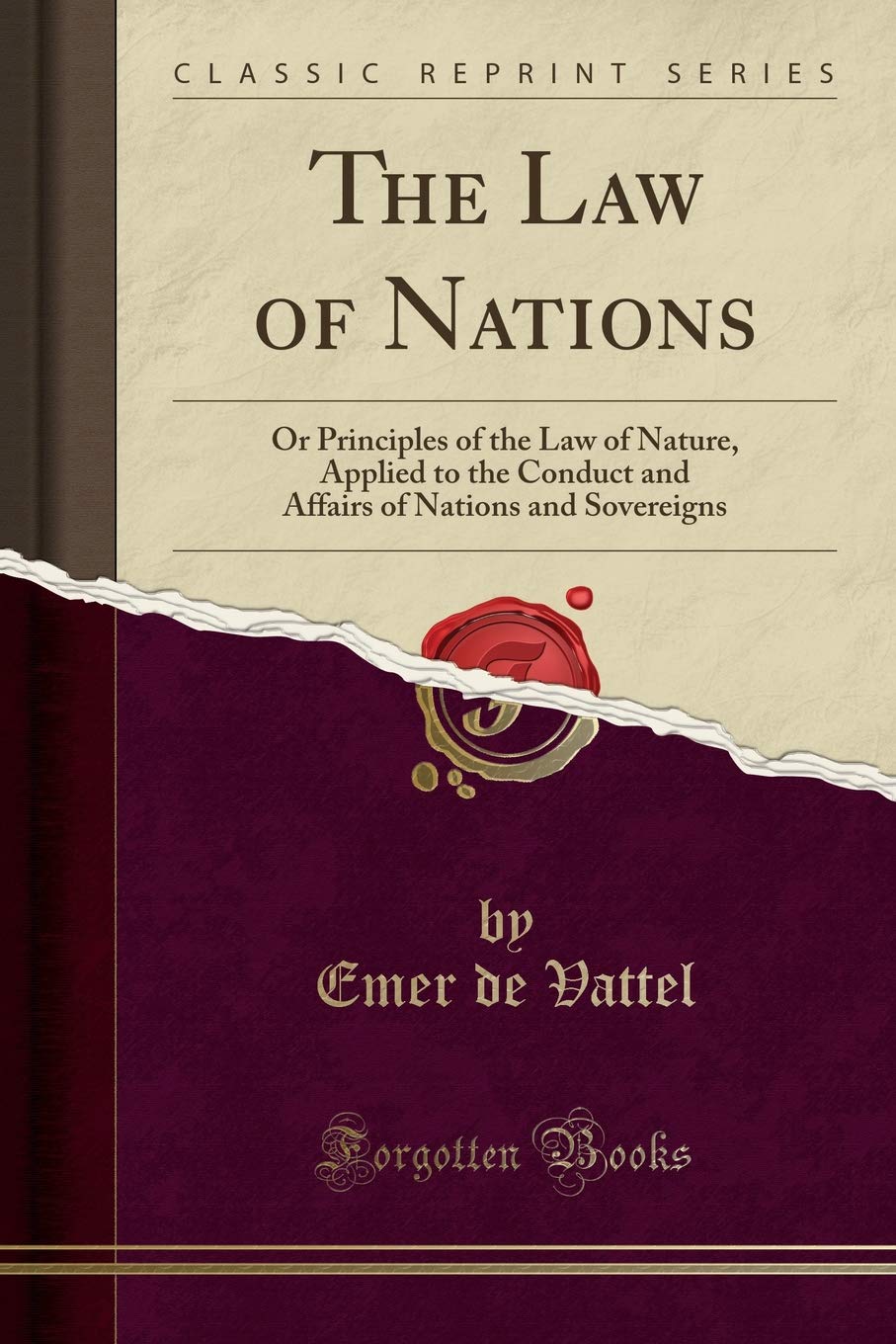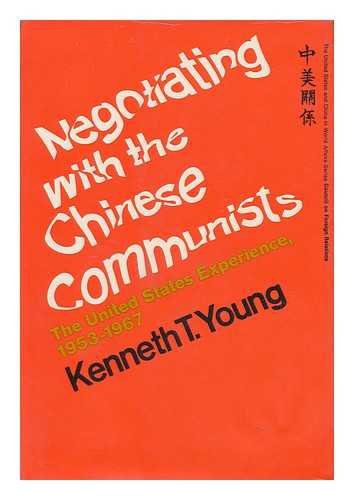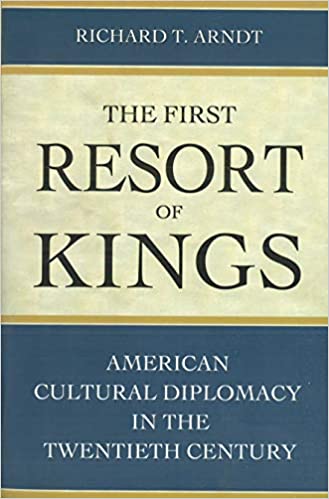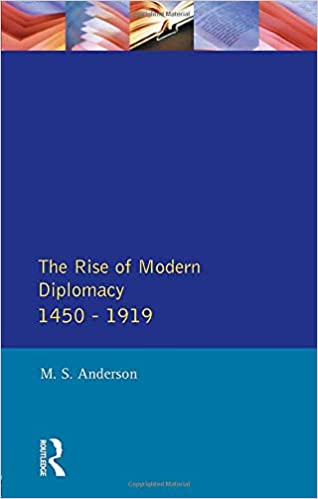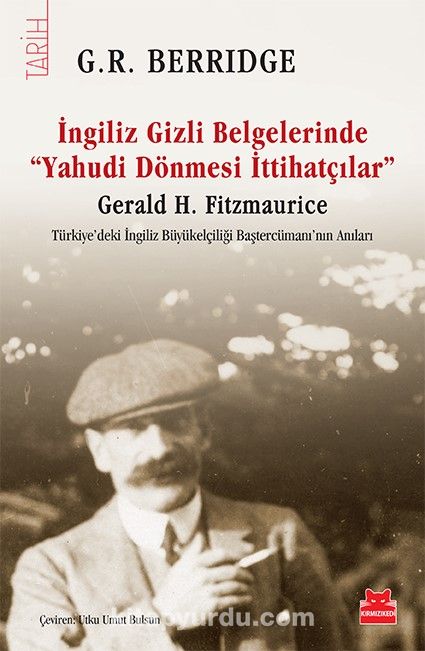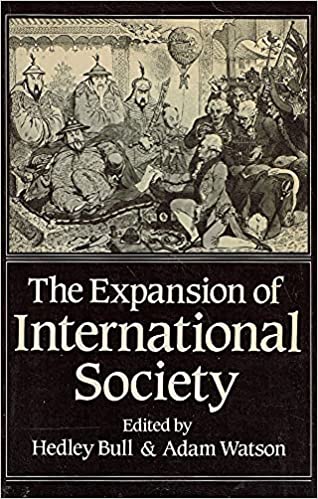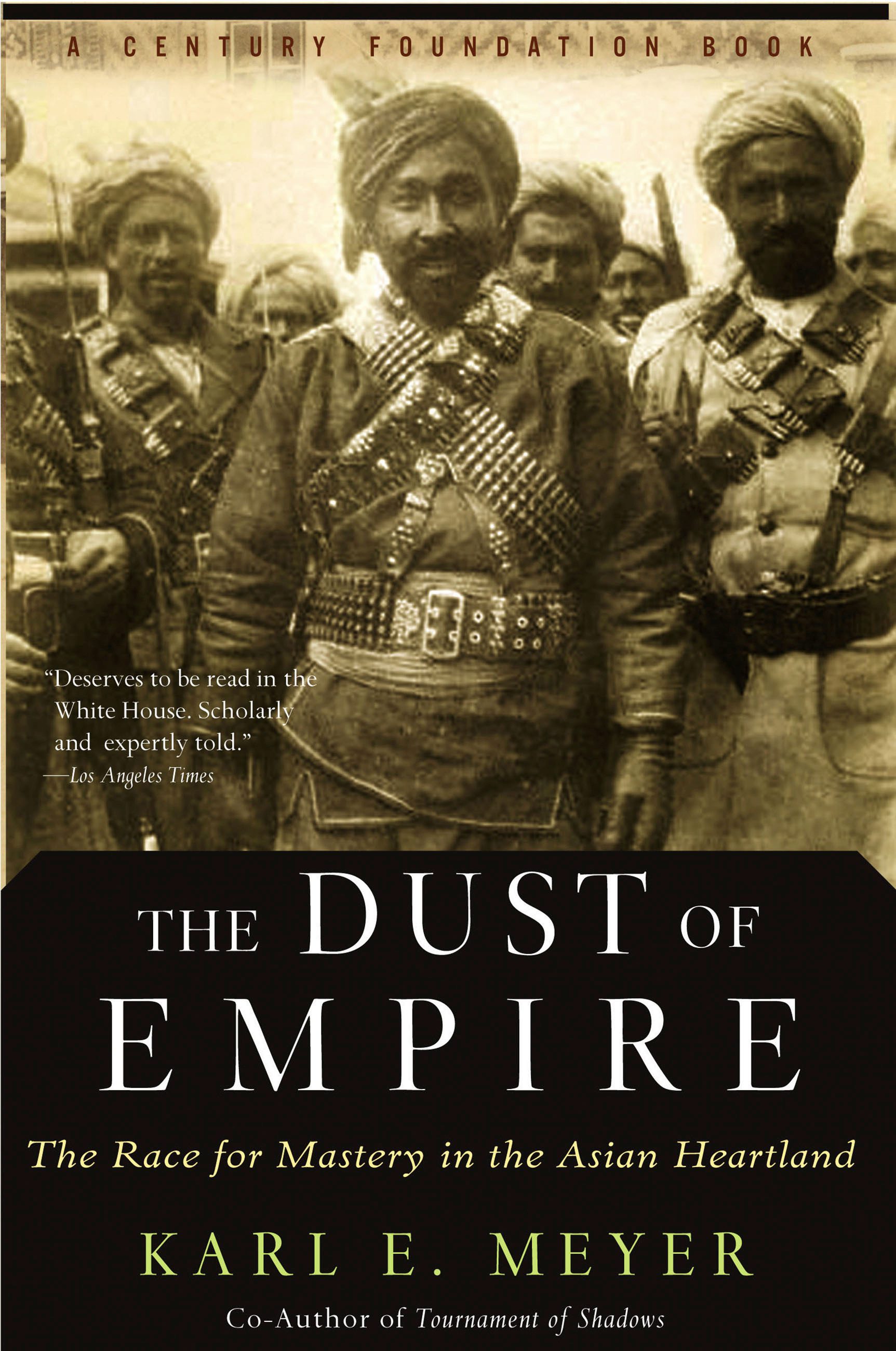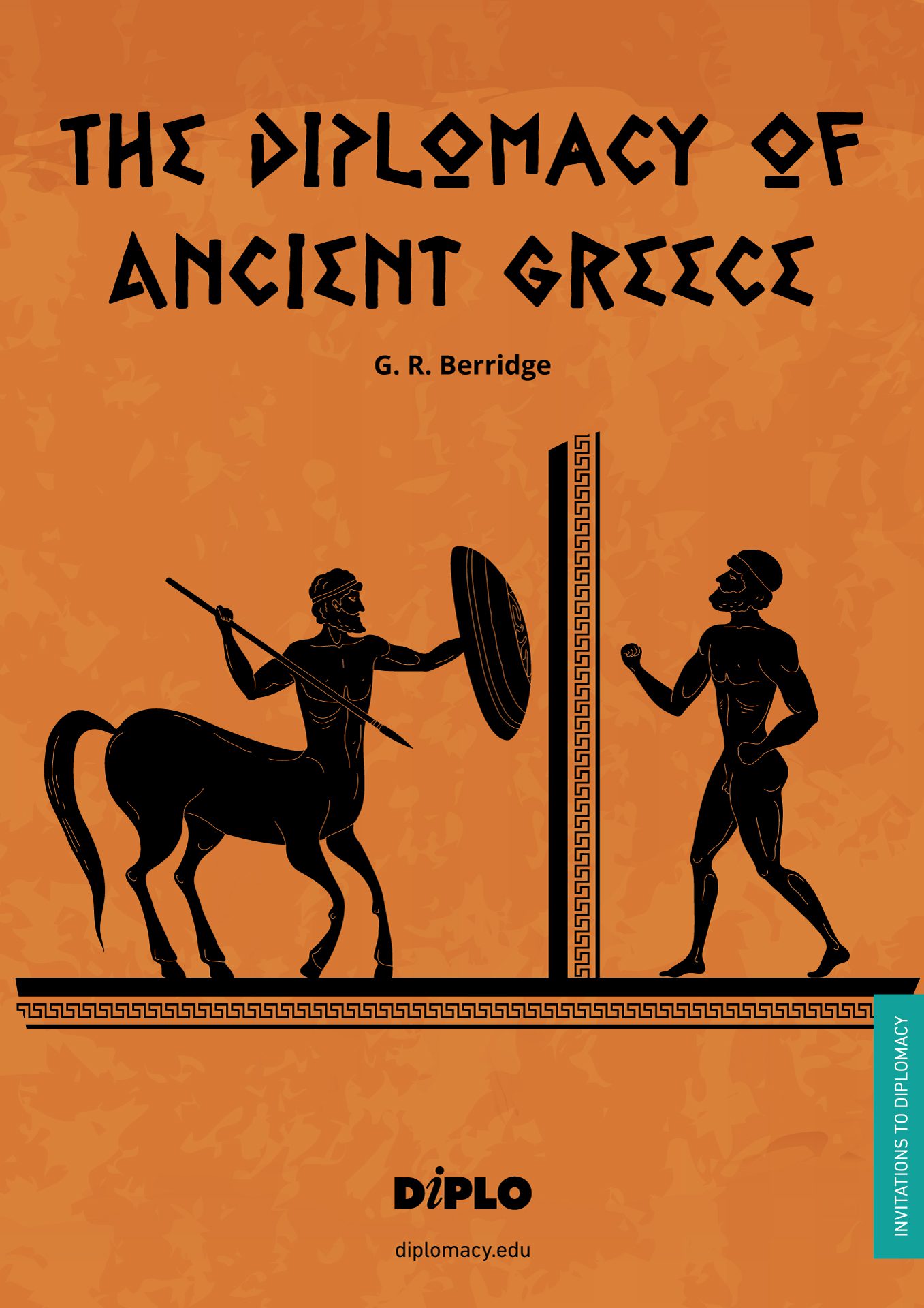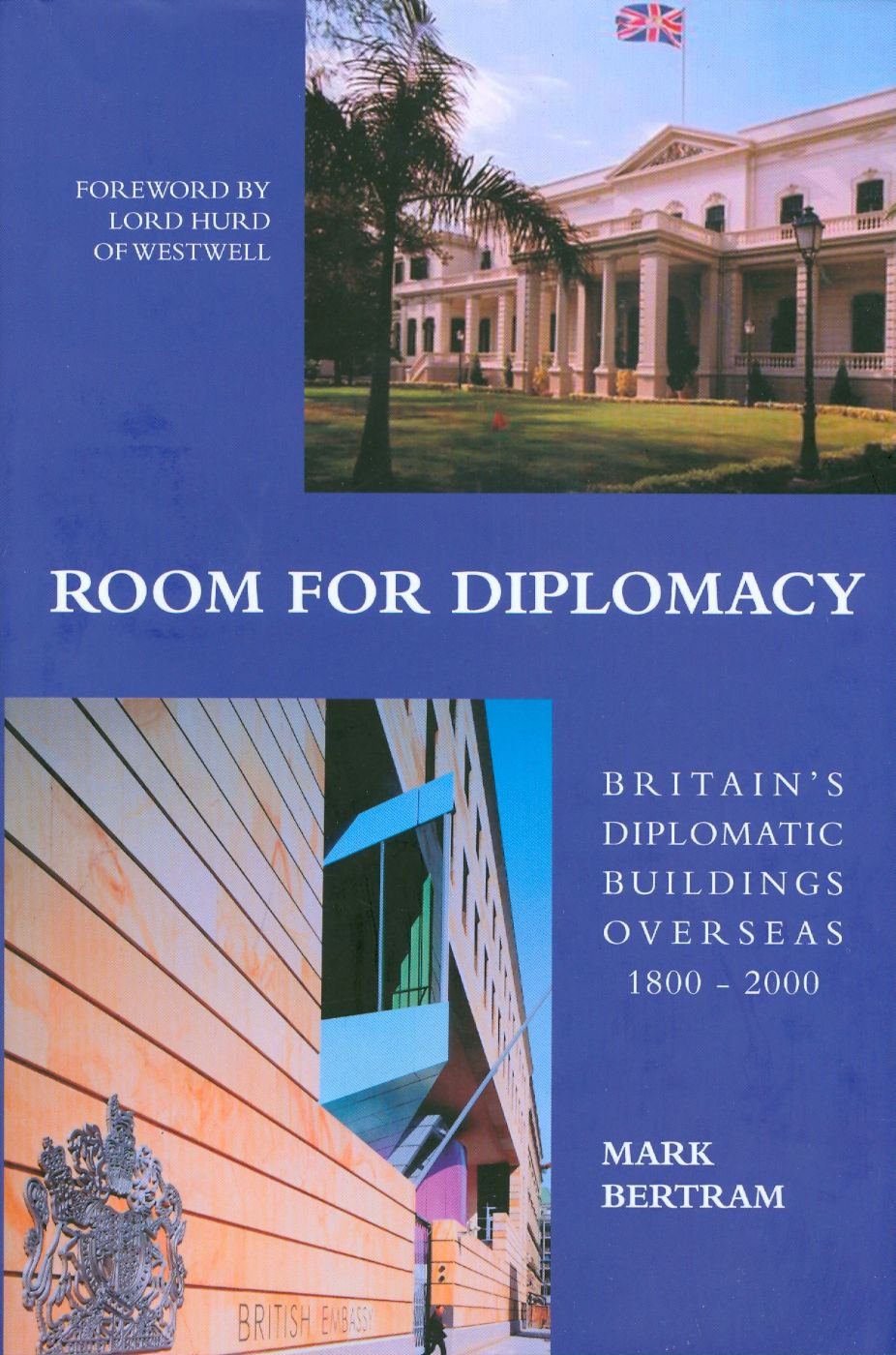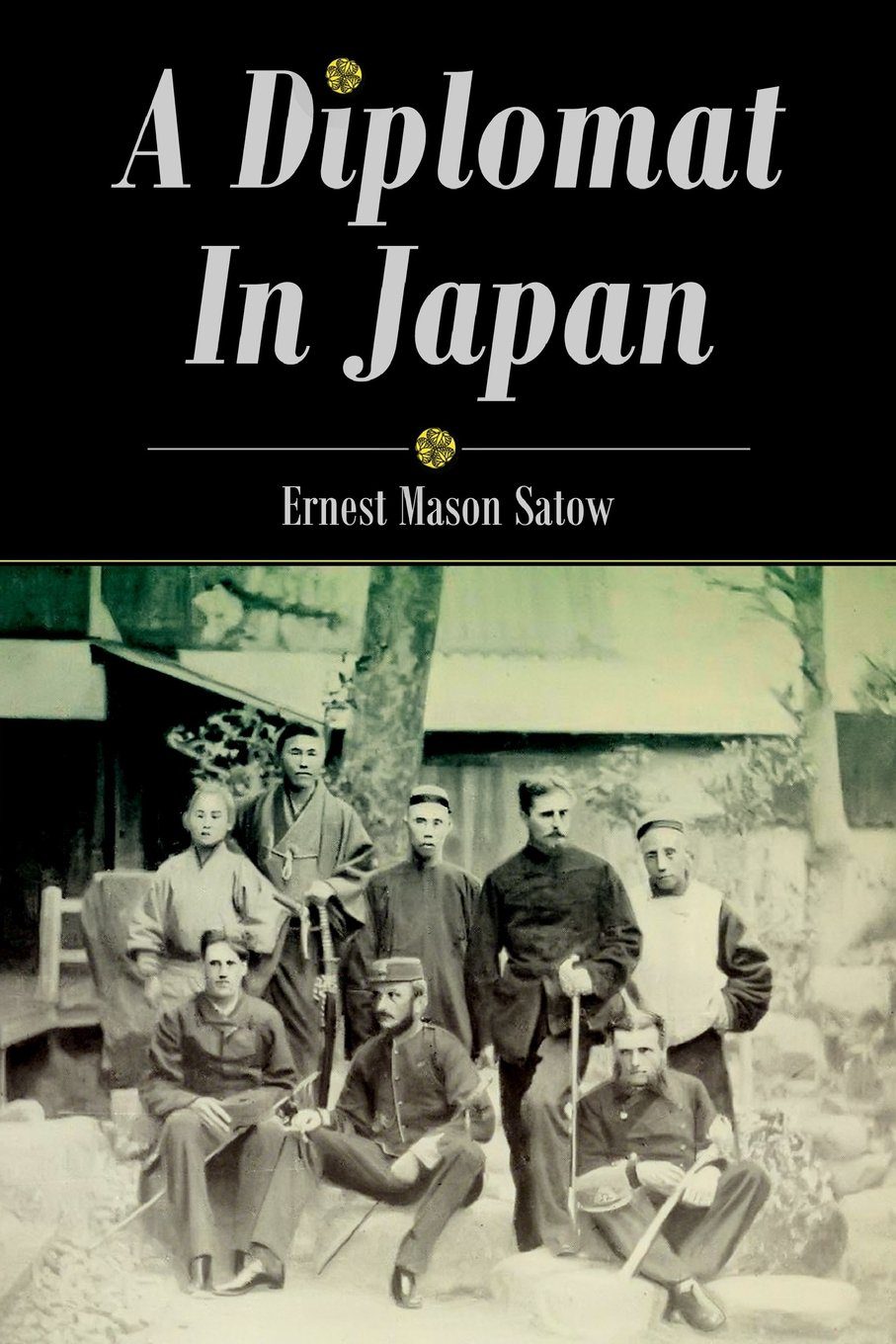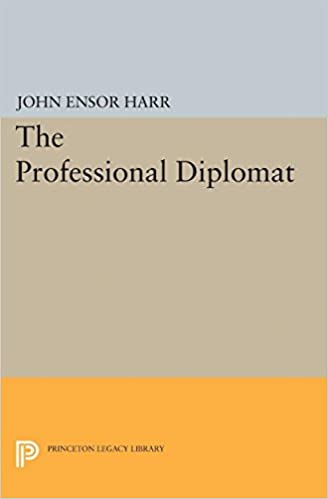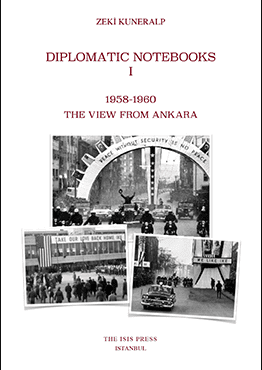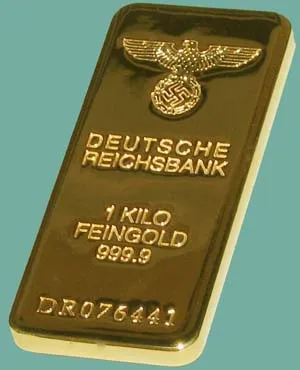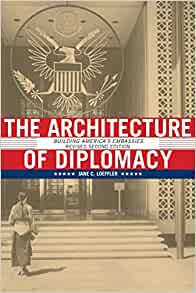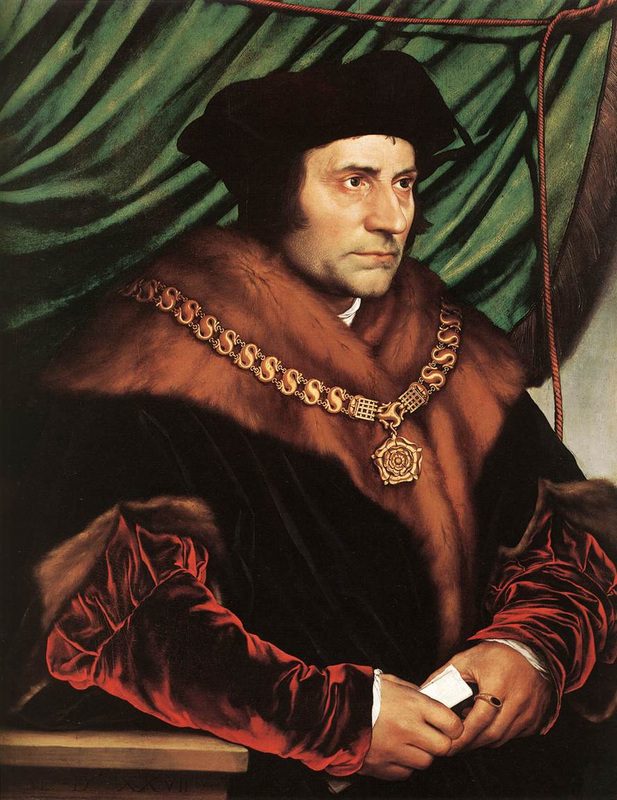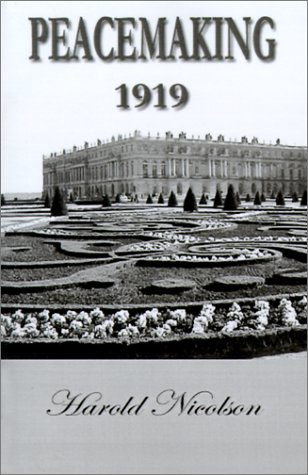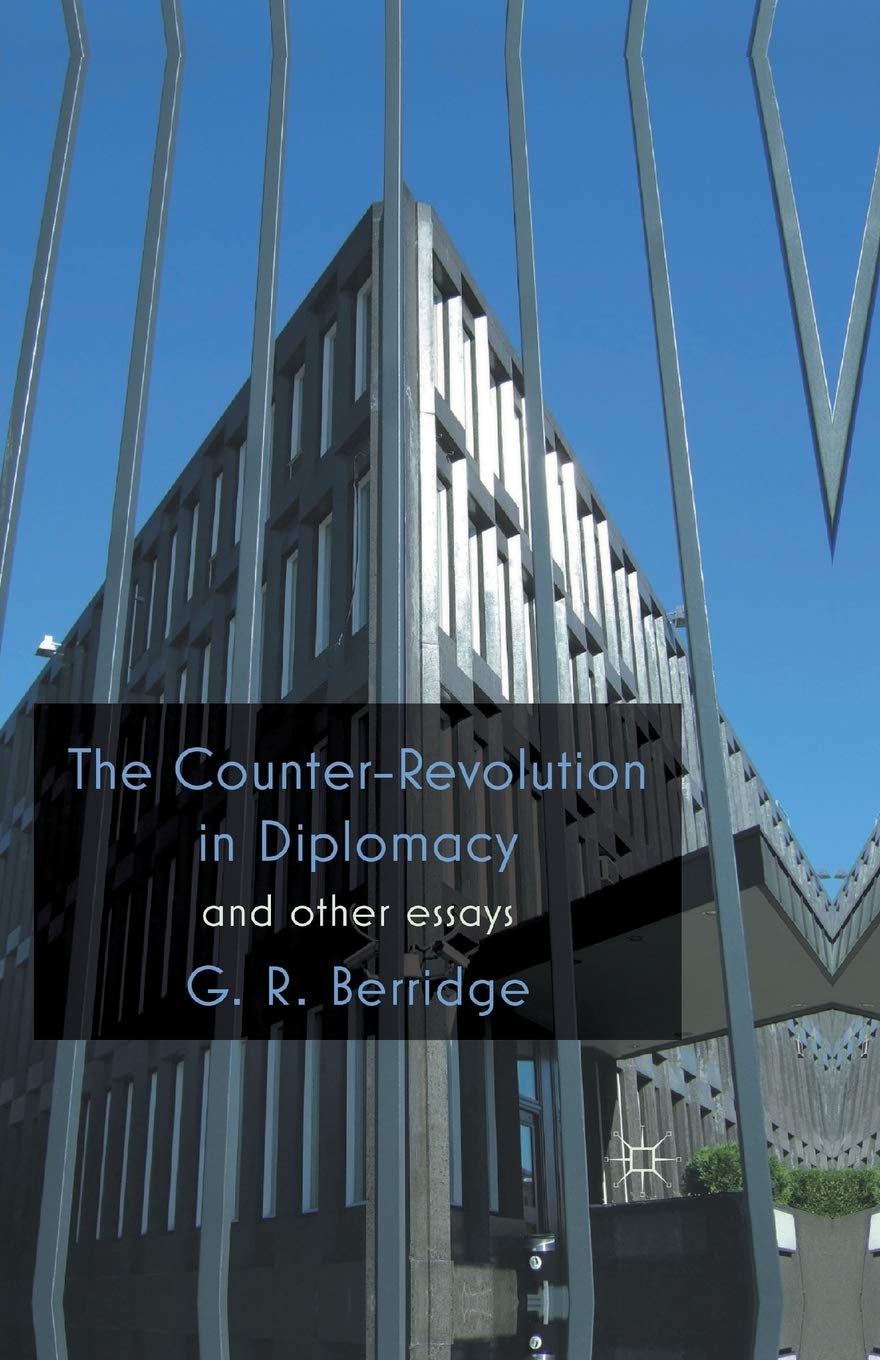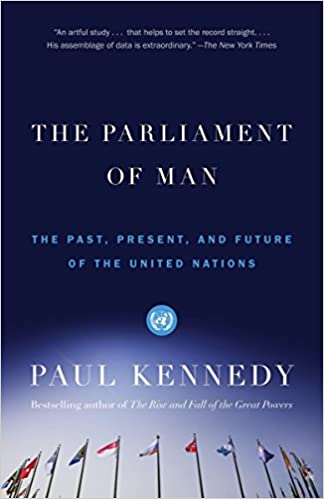This is a massive book in more than one sense. It is over 700 pages long, including an invaluable bibliography which itself stretches over 70 pages. While dwelling chiefly on the Western tradition, it also takes in the Ottoman Empire and the Far East.
It begins in ancient times (though having less on the second millenium BC than Professor Raymond Cohen would no doubt like) and comes right up to the present. Though inevitably it is chiefly a work of synthesis, the argument is also strengthened by fresh research where gaps are left by the current literature. It is, finally, a work of massive learning. There are too many quotations for my taste and this occasionally clouds the argument, but in general it is also well organised, clearly written, and regularly adorned by a neat turn of phrase. As a result, I have little doubt that it will soon be a standard work of reference on its subjects. I say ‘subjects’ rather than ‘subject’ because it is a book which will be of great interest not only to diplomatic lawyers but to theorists of diplomacy, historians of diplomacy, and historians of international relations generally. I found the book especially useful on the right of chapel and the vexed issue of diplomatic asylum, as well as on Zouche, Bonaparte, and Laurent. I have, however, a few reservations.
To begin with there is the method which the Freys employ. By choosing to proceed by piling example on top of example, and case on top of case, they have produced a book which resembles more an early work of positive law than one of history. Perhaps partly as a result of this, certain key ideas and historical changes, together with their explanations, tend to get either submerged or handled a little loosely. For example, the acceptance into diplomatic law of the inviolability of the diplomat’s house, as opposed to his person, which was a key development of the early seventeenth century, creeps in almost unnoticed on page 145. More seriously, the principle of reciprocity, which stipulates that if one state acts in a certain way towards a second the latter is likely to reply in kind, is sometimes made to bear too heavy an explanatory burden in this book.
In the very first paragraph there is a splendid sentence, elegant and incontrovertible: ‘Rooted in necessity, immunity was buttressed by religion, sanctioned by custom, and fortified by reciprocity’. Reciprocity, then, meaning in this case ‘beat up our envoys and we’ll beat up yours’, is just one prop to immunity and not the most important. This is not surprising since in many bilateral relationships ambassadors have been sent but not received, and this remains true today; even in the pre-telegraphic era, diplomacy did not require ambassadors at both ends of a relationship. However, there are points in the course of this ambitious book where the authors tend to forget this. Thus diplomacy in the early Roman republic is spoken of as ‘predicated on the idea of reciprocity‘ (pp. 6, 61, emphasis added); of the mediaeval period we find it observed that ‘whether in Europe, the Middle East, or Asia, principals, that is, those who sent another, looked to custom, law, religion, and most obviously the threat of reciprocal action to safeguard their emissaries’ (p. 76, emphasis added); while ‘fundamental was the underlying issue of reciprocity’ during the Cold War (p. 487, emphasis added). I am not entirely convinced by any of this, and we might turn to the handling of the Ottoman Empire by the Freys to point up the dangers of attaching great historical significance to reciprocity without firm supporting evidence, that is, of relying too much on a priori reasoning.
In the chapter dealing with Turkey, the authors dwell on the mistreatment of ambassadors in Istanbul until the end of the seventeenth century. It is true that they emphasise, rightly, the military confidence and religious convictions of the Ottomans in accounting for this. However, noting that until the reign of Selim III at the end of the eighteenth century the Ottomans received but did not send resident ambassadors, they cannot resist adding that the maltreatment of diplomats in Istanbul was also a result of the absence of the constraining ‘force of reciprocity’ (pp. 397, 401). But this is assumed rather than proved. Indeed, it is difficult to avoid the conclusion that the authors have been led to believe that the treatment of ambassadors in Istanbul must have been bad because of the absence of reciprocity. In fact, while occasionally brutal and humiliating, the Ottoman treatment of ambassadors was not markedly worse than that occasionally meted out to them by any number of European governments, many instances of which are actually documented in this book; and in any case I have to say that I found the account here – relying heavily on the examples quoted in nineteenth century sources – somewhat exaggerated. (It is not true, incidentally, that ‘the first ambassador to be given his passport instead of a cell after war was declared was the Russian ambassador Andrei Iakovlevich Italinskii in 1806’. British Foreign Office papers record that Baron d’Herbert, the imperial internuncio in Istanbul, was permitted to return to Vienna despite Austria’s announcement at the beginning of 1788 that it was to join in war with Russia against the Ottoman Empire.) If these diplomats were routinely treated as badly in Istanbul prior to the eighteenth century as the Freys suggest, the European powers would hardly have been so keen to maintain permanent representatives in that city, where fire, plague, and periodic janissary rampages (not to mention the journey there and back) were themselves major hazards. As a rule, the Ottomans treated ambassadors well, even subsidising their embassies until long after this custom was abandoned in Europe – despite the fact that they were not constrained by the ‘force of reciprocity’. The Ottomans did this because they found these embassies flattering, valuable sources of information and alluring gifts, important to commerce (which included maintaining order among their nationals trading within the empire), useful mediators, and indispensable to the manipulation of the balance of power. This case shows, I think, that the significance of reciprocity – or its absence – here as elsewhere, can easily be over-estimated.
The very focus of this book on diplomatic immunity, with its attention drawn naturally to certain dramatic breaches and abuses of recent years, also encourages the authors to adopt an unnecessarily bleak view of the late twentieth century and – by implication – the future, including the future of diplomacy. ‘Diplomats and the New Barbarism’ is the title of the penultimate chapter and in its conclusion they say that ‘The erosion of the position of the diplomat was … symptomatic of the larger corrosion of the international system and the failure to forge an international community’. And again: ‘Little evidence surfaced in the late twentieth century of a common will or even a commitment to observe basic international norms, such as diplomatic inviolability’ (p. 526). This is going too far. Surely what is more worthy of note is how well the fabric of diplomacy has held up in the circumstances of the shift from an essentially European to a world system, and how indeed many other strands of this fabric have been strengthened since the 1960s. Perhaps this is too complacent but what I miss in the last chapters of this book, among other things, are even passing asides either to the reduced inclination of states to sever diplomatic relations for propaganda purposes or to the unambiguous acceptance since 1963 that in any case the severance of diplomatic relations does not result in the severance of consular relations. (There is nothing on consular immunities at all in the book, though in practice consulates often serve ‘diplomatic’ ends.) Nor do the Freys make any reference to the enthusiasm with which new states of recent years have created their own diplomatic services and sought outside help in their training to conventional standards, to the invention and increased employment of interests sections, the triumph of ‘consensus decision-making’ in multilateral diplomacy, or to the huge improvements in telecommunications which have made diplomatic missions so much more flexible instruments of national policy. These developments, among others, have to be set on the other side of the ledger when ‘the position of the diplomat’ and the general health of the world diplomatic system is being considered.
Despite these reservations, I shall certainly be recommending this book to my students.
Review by Geoff Berrdige
